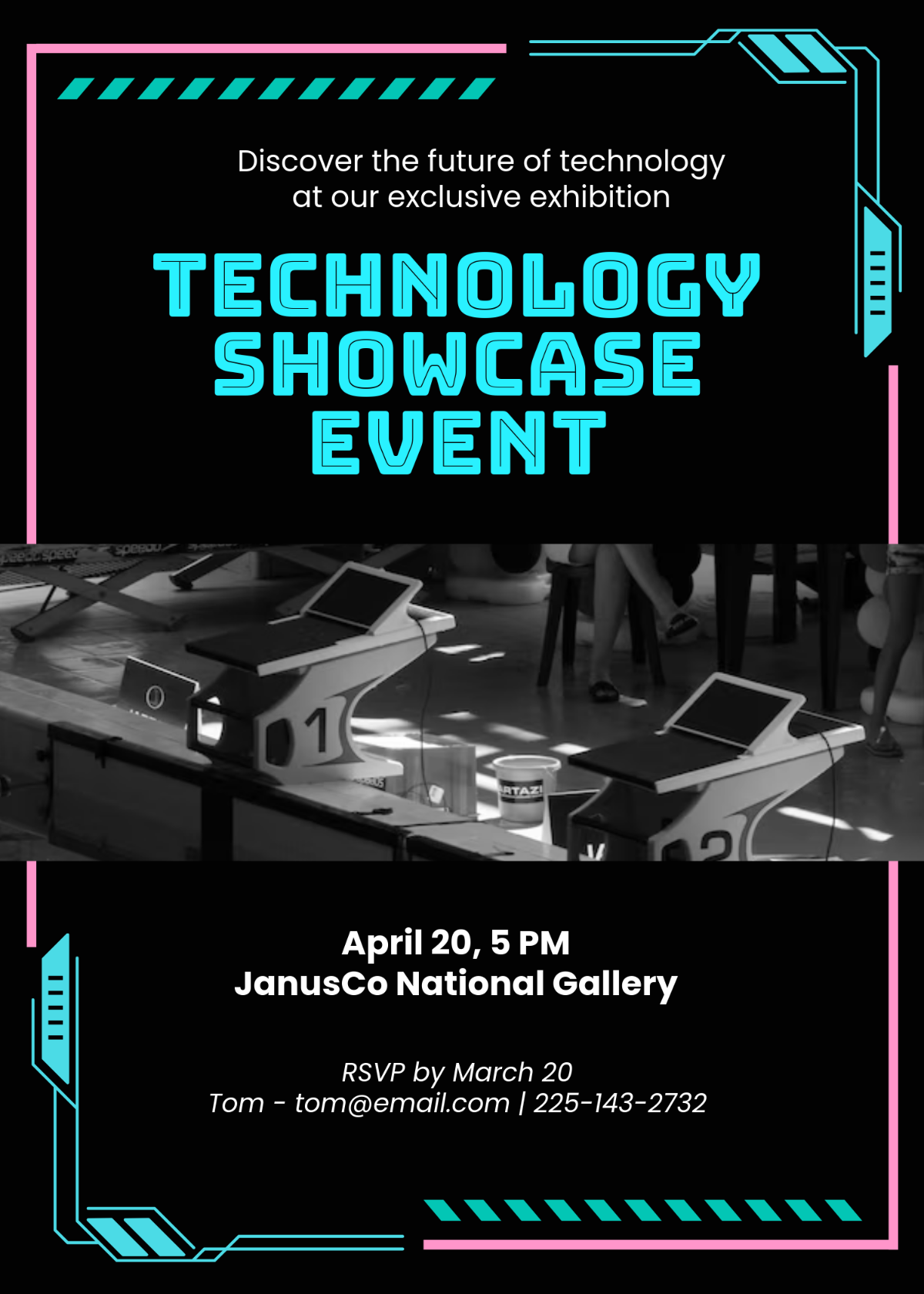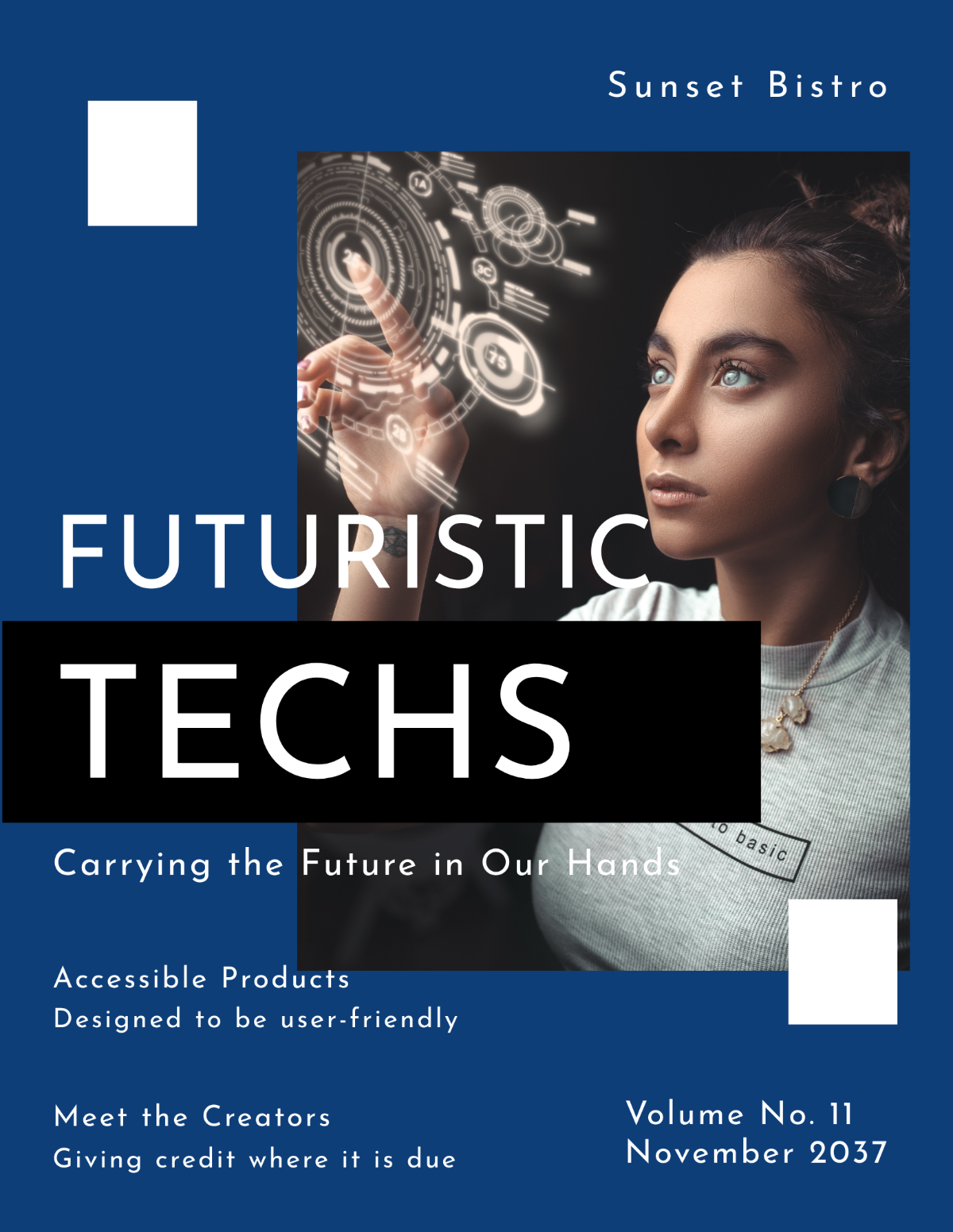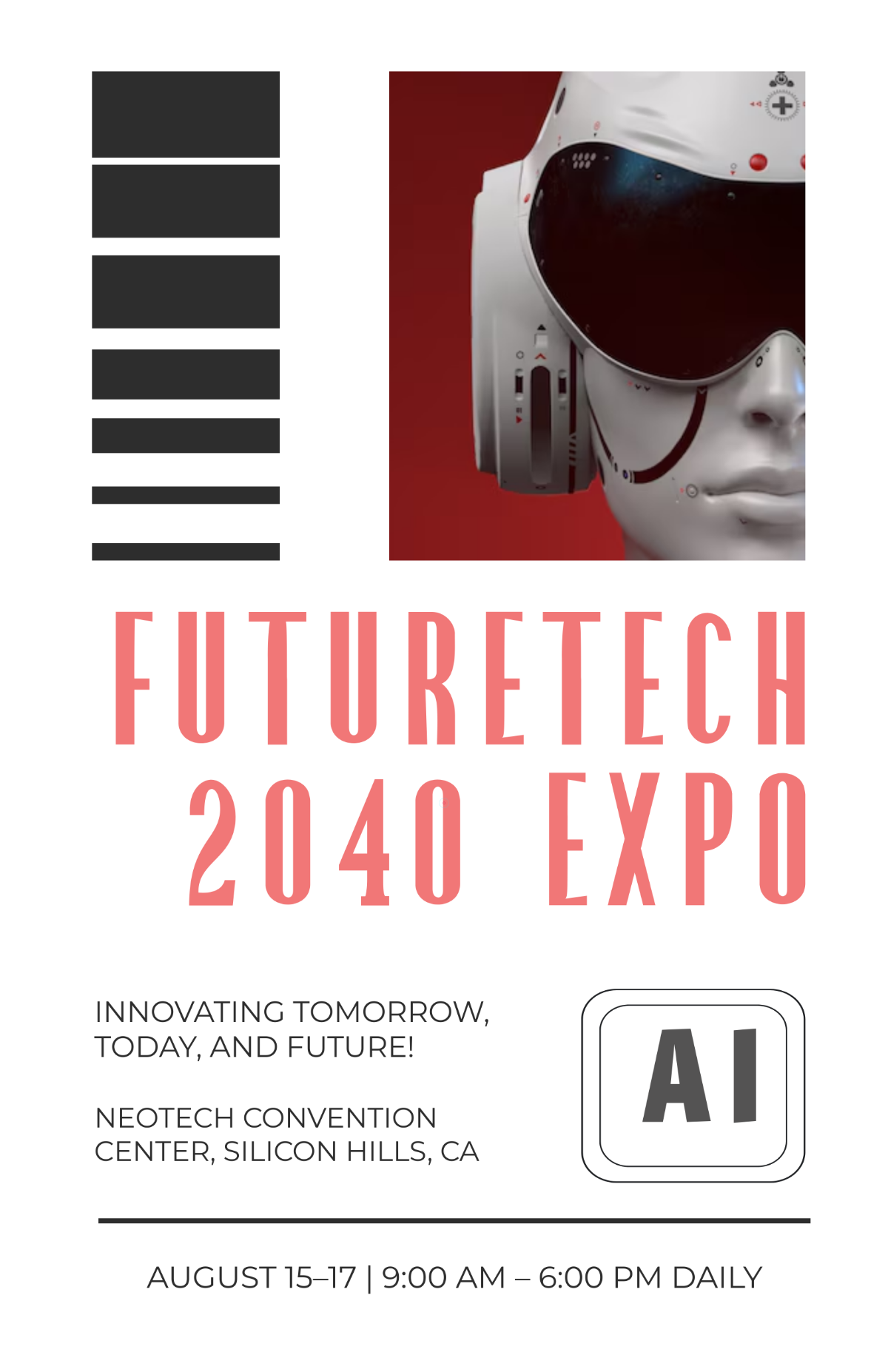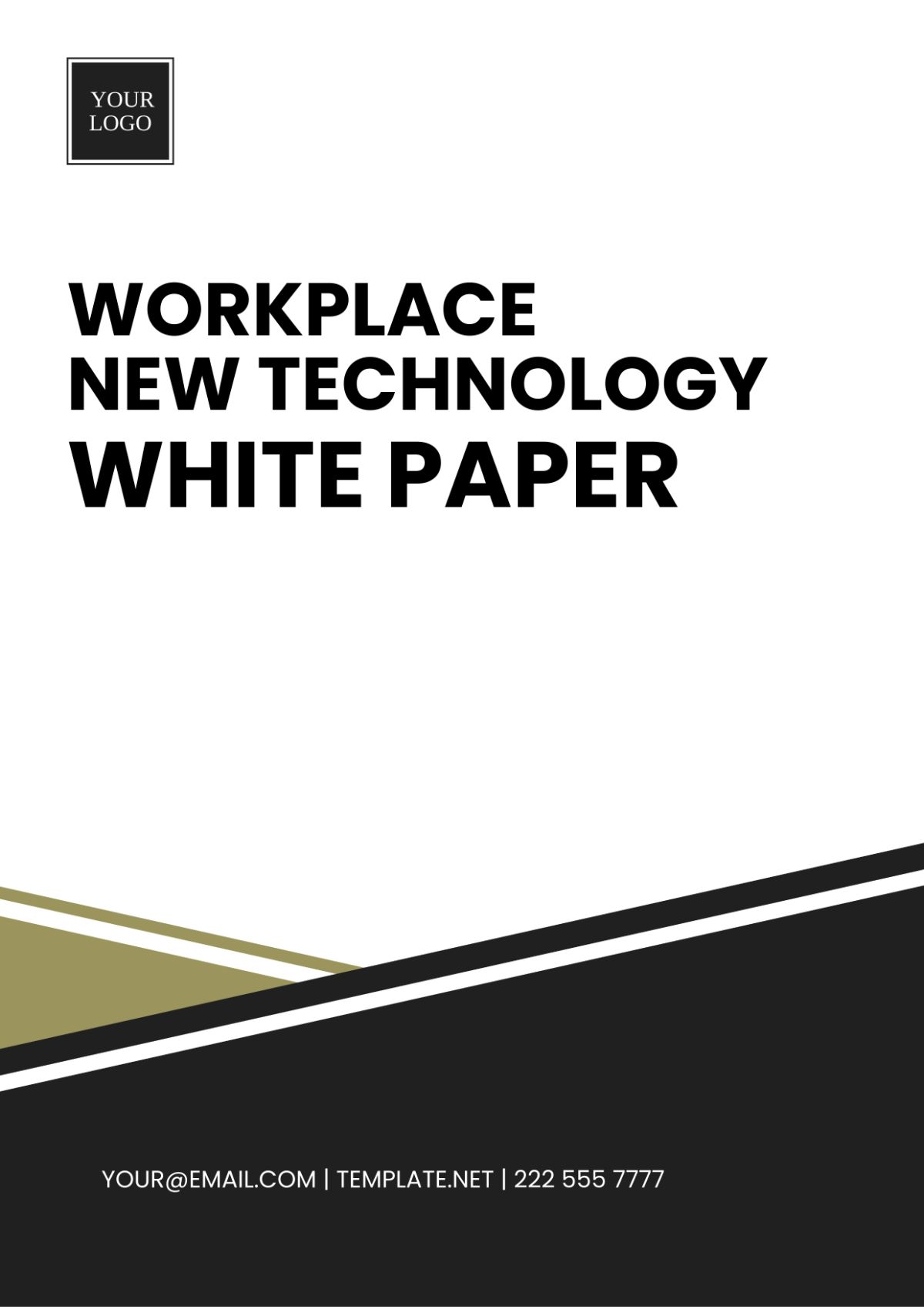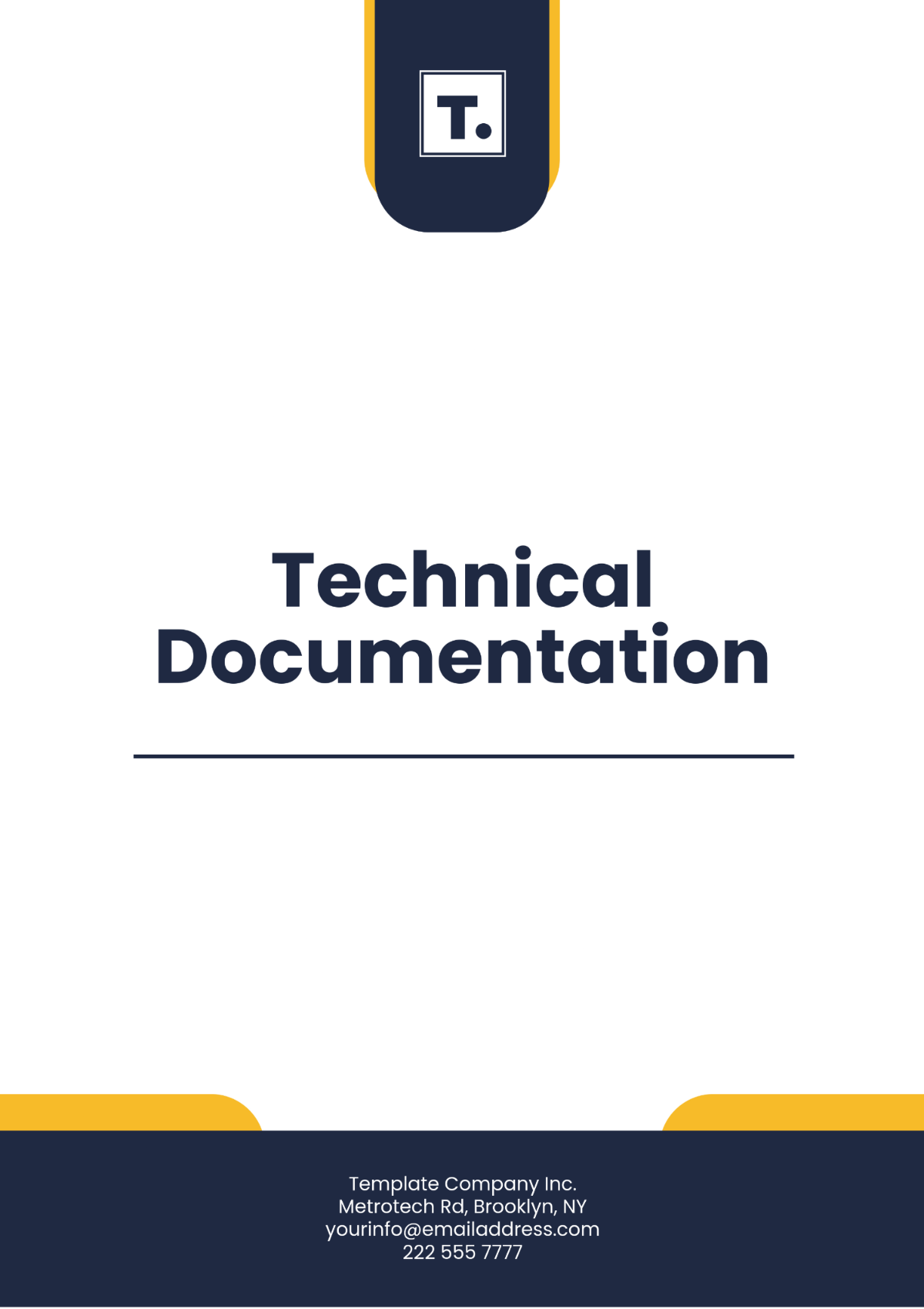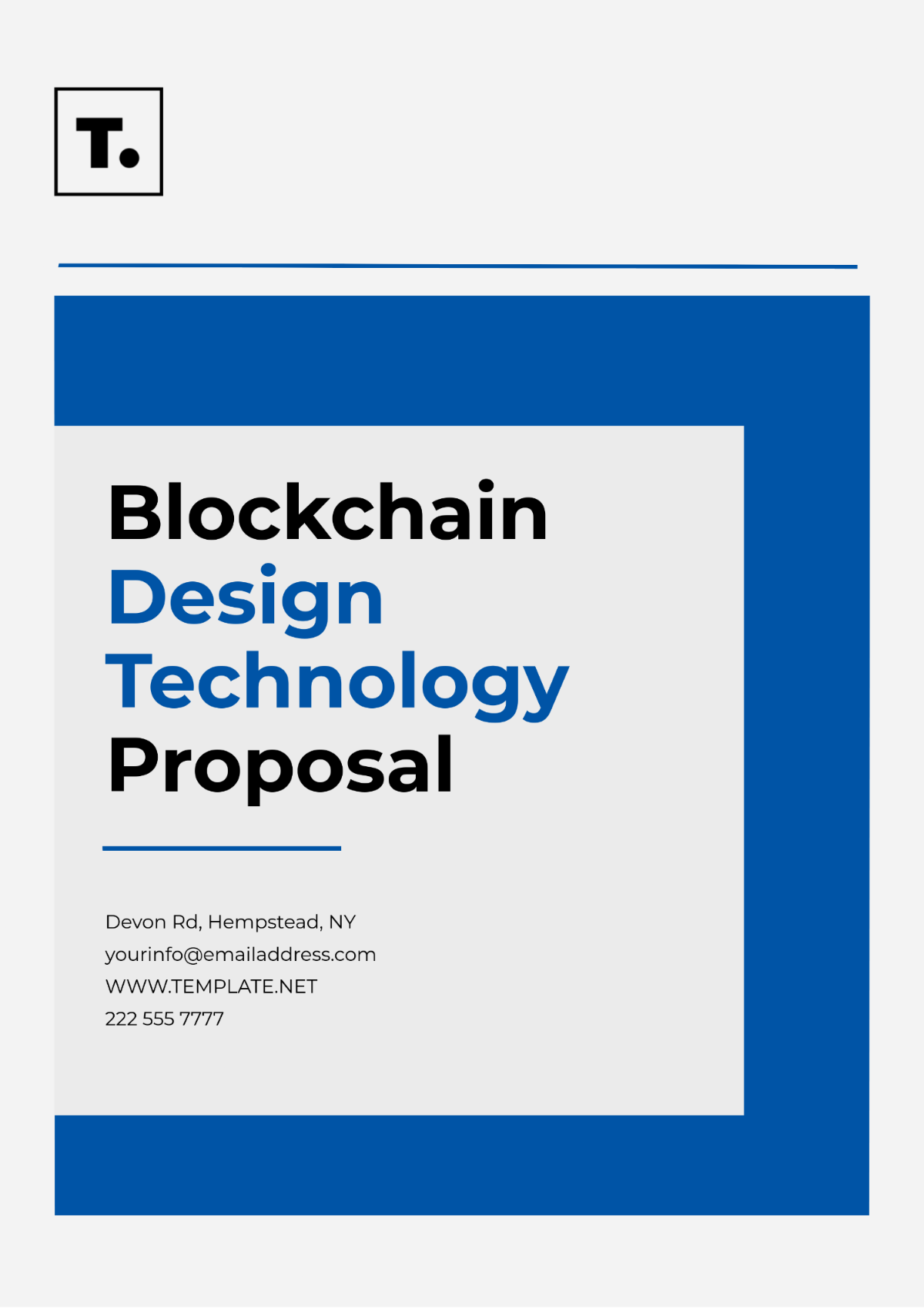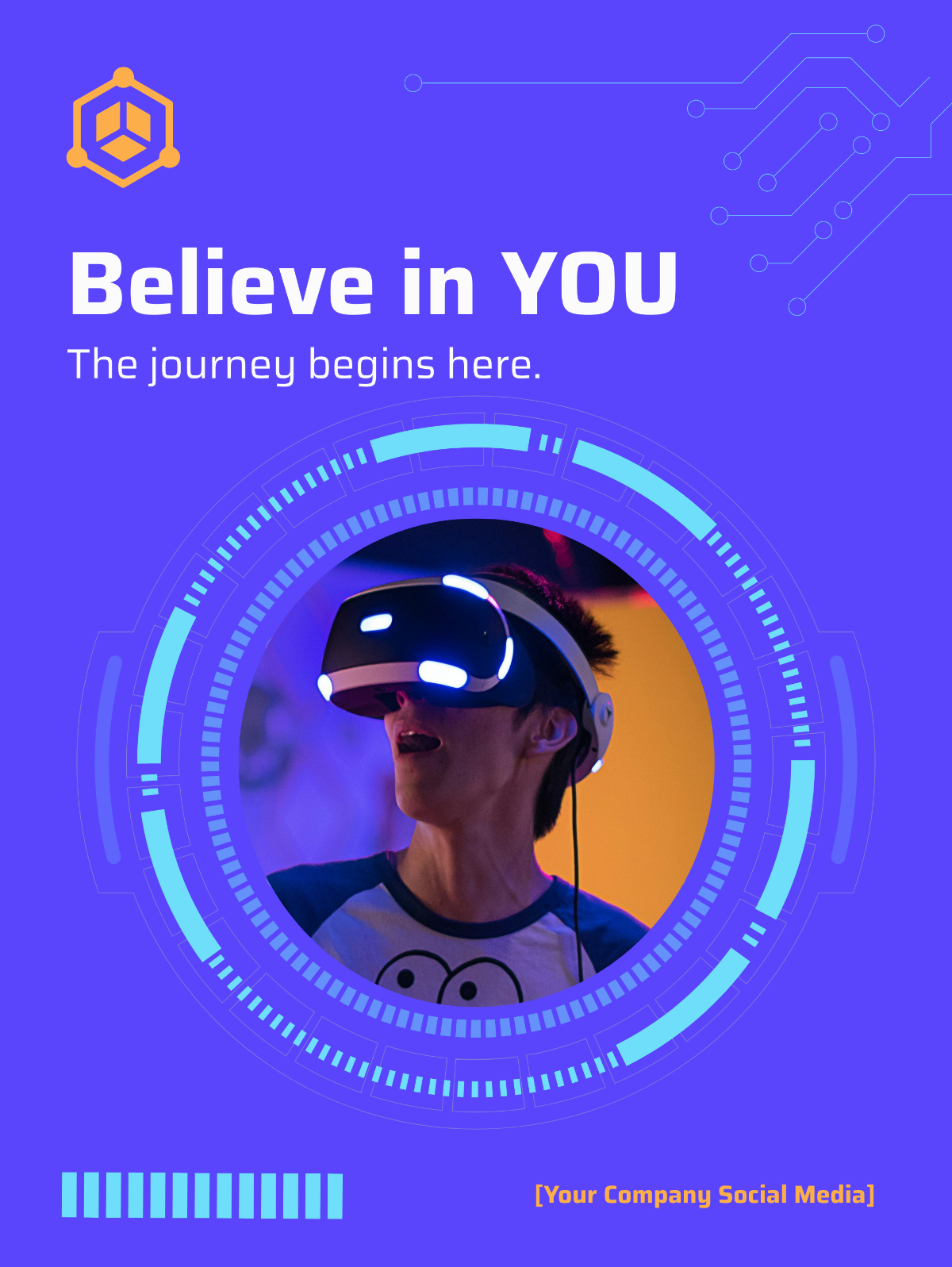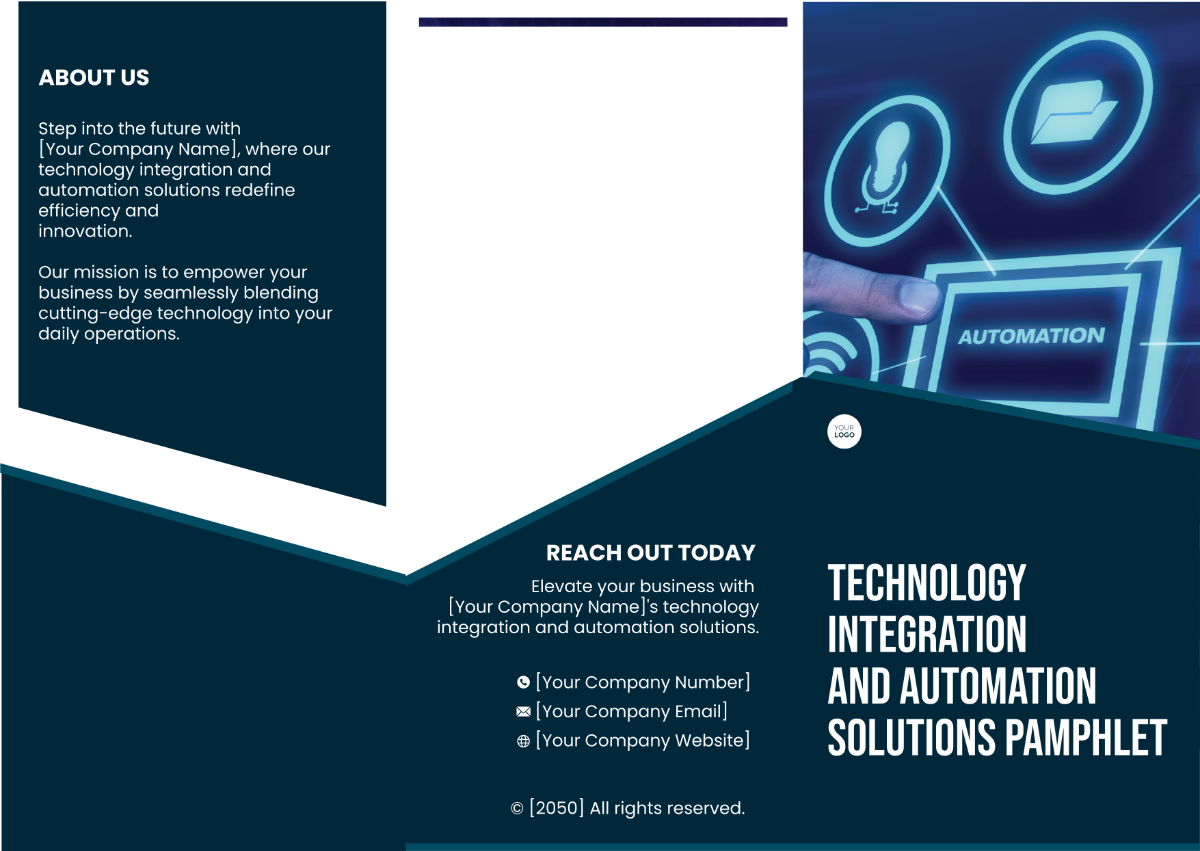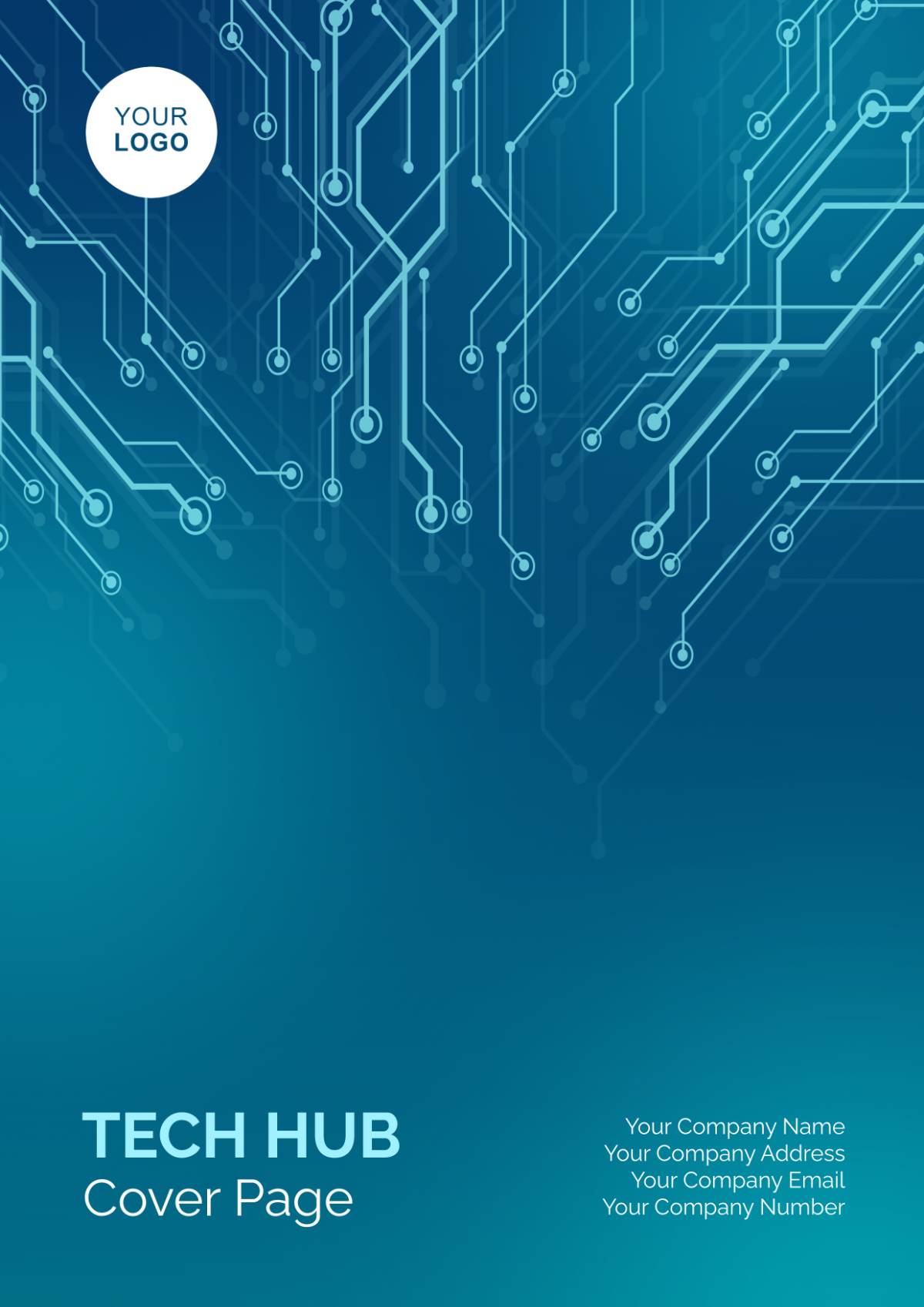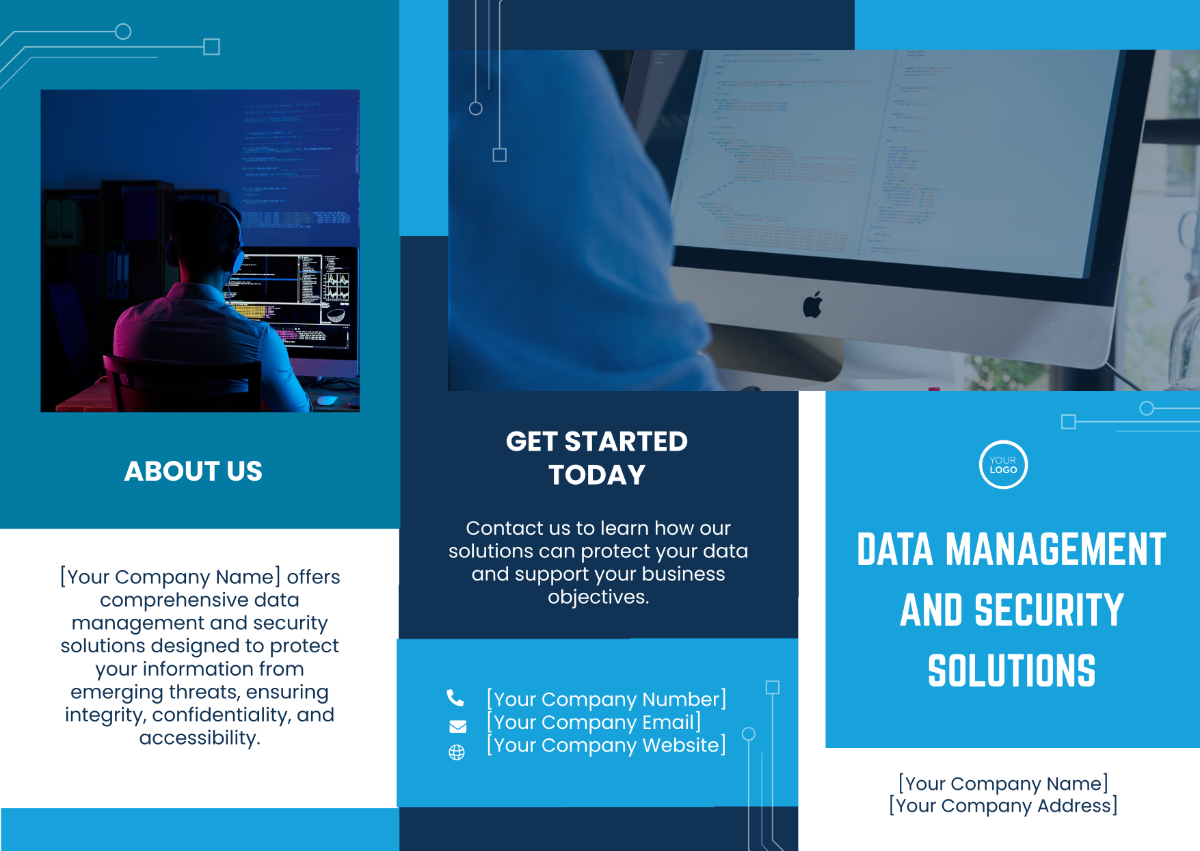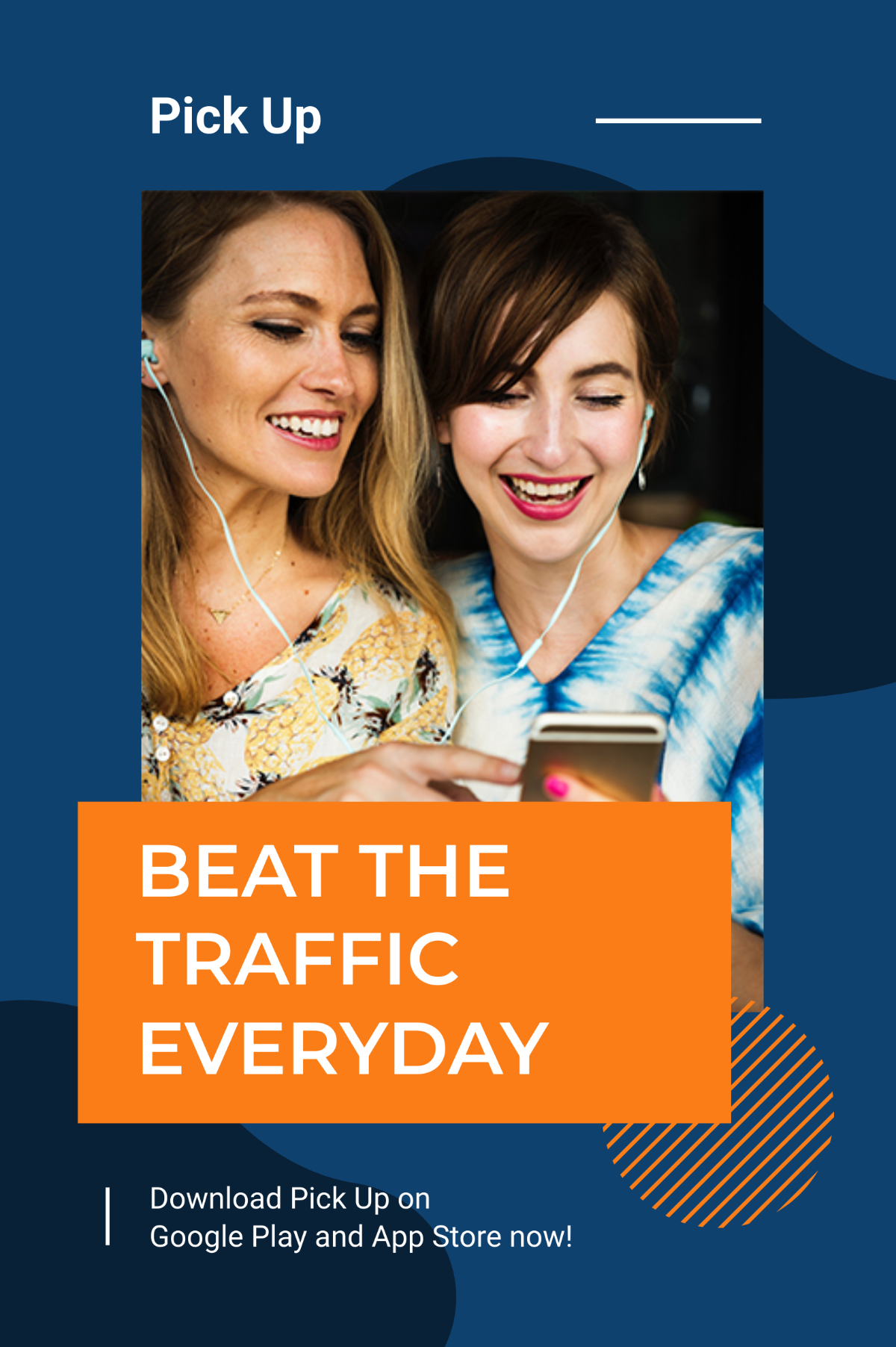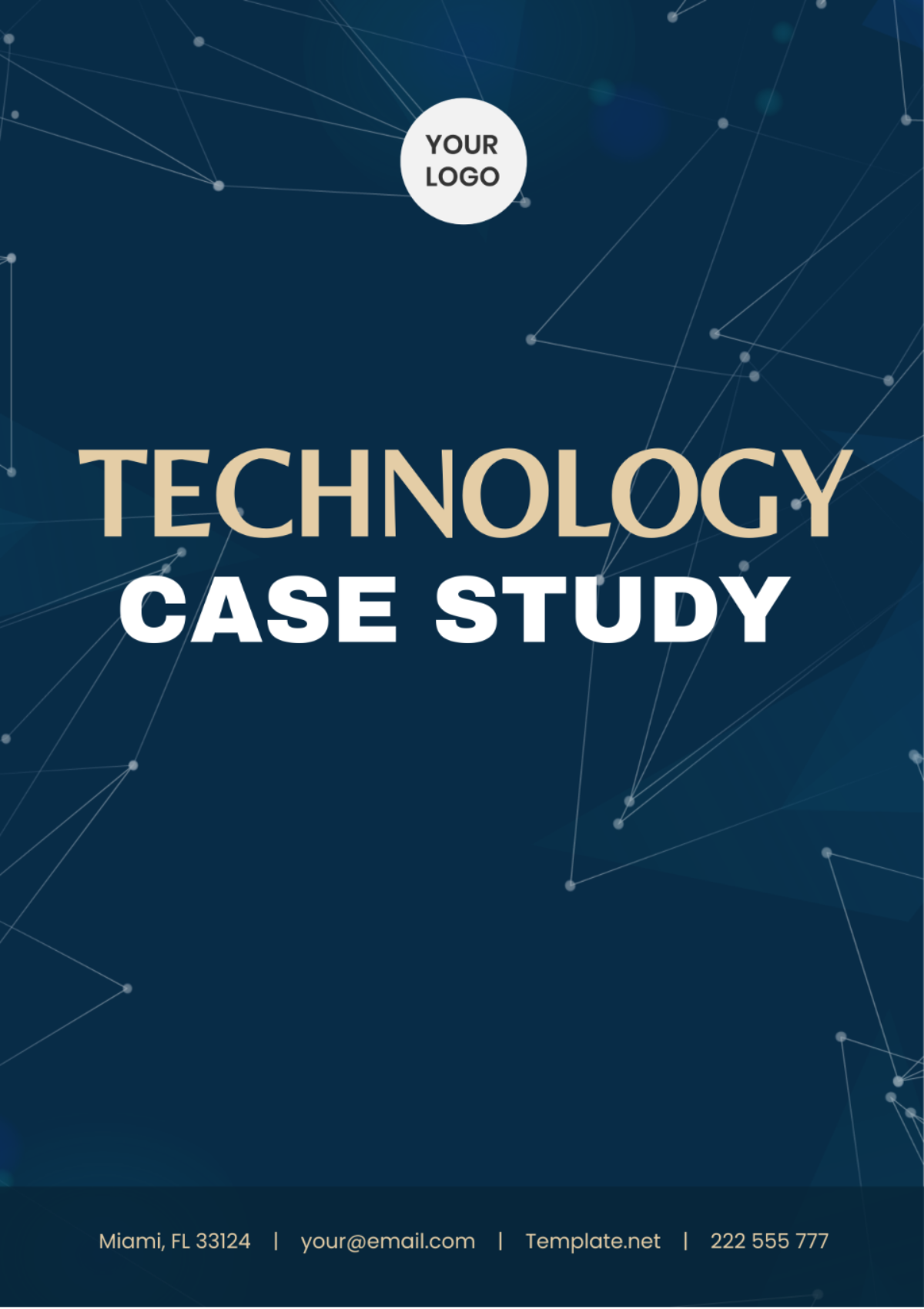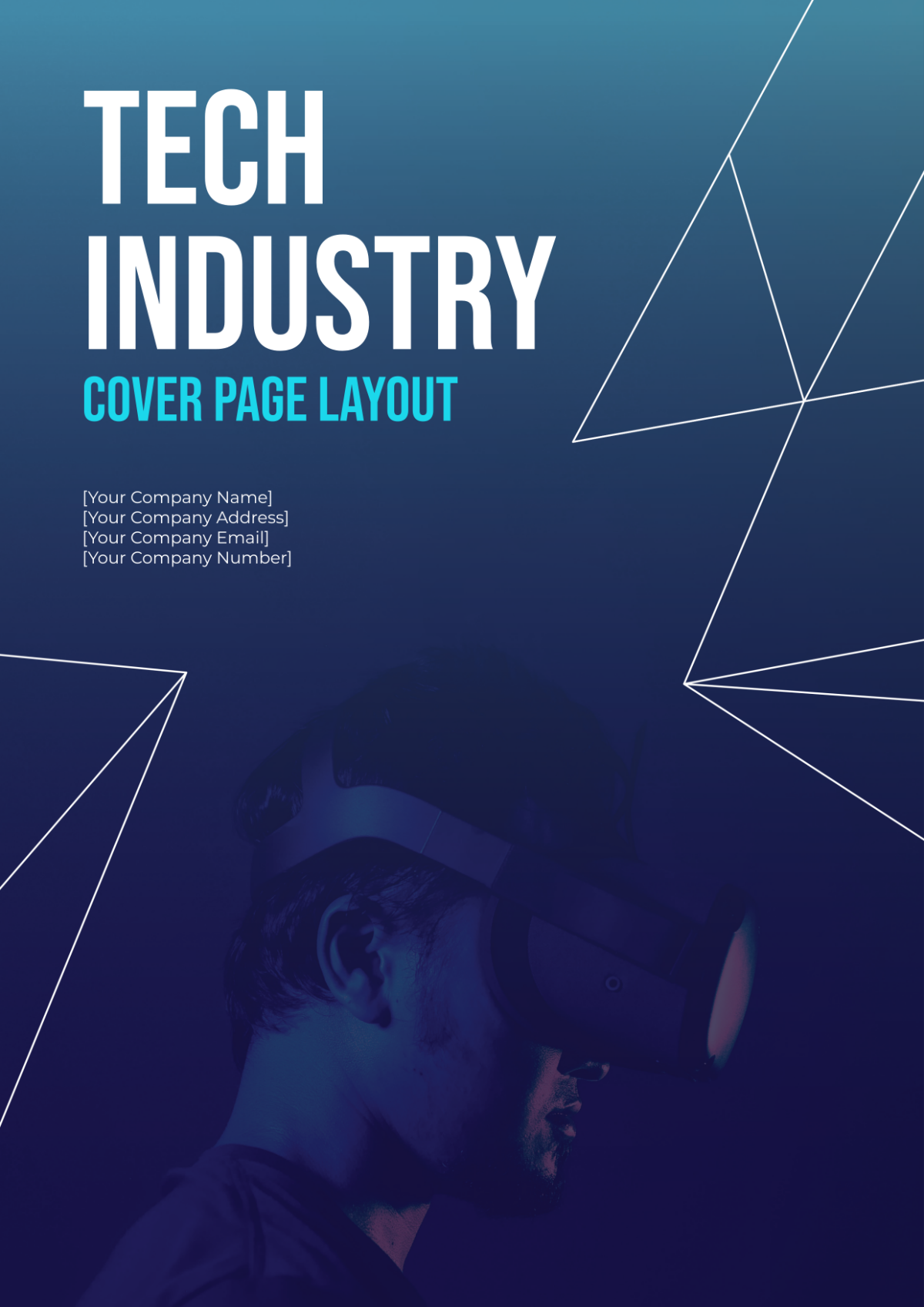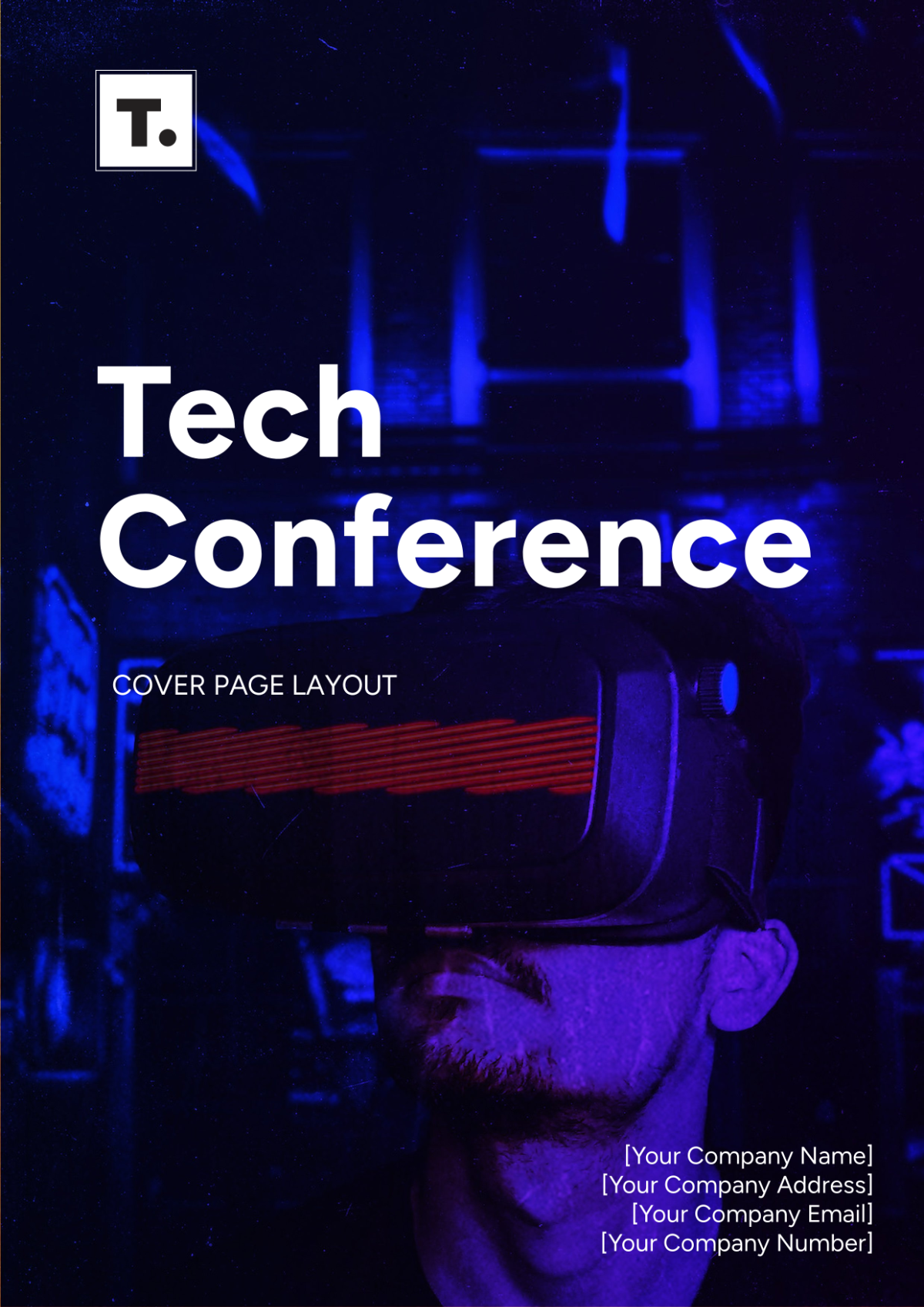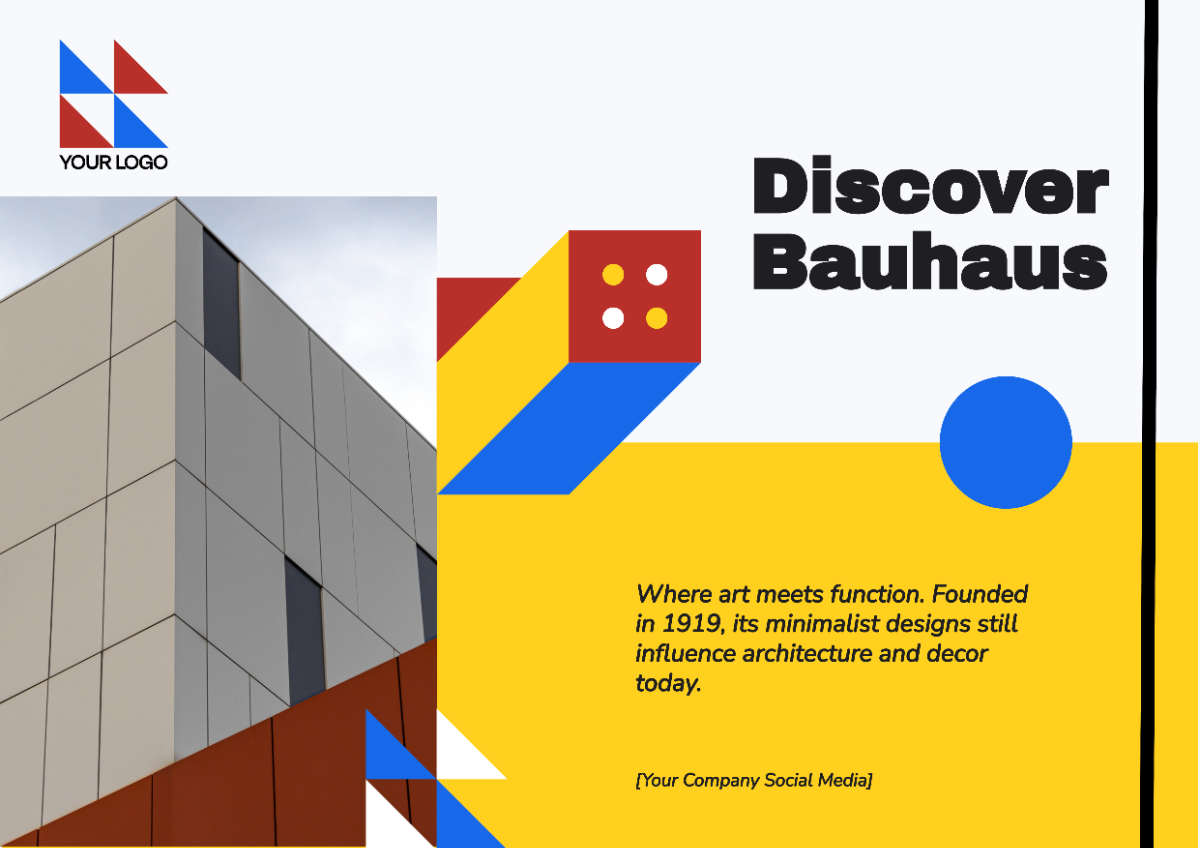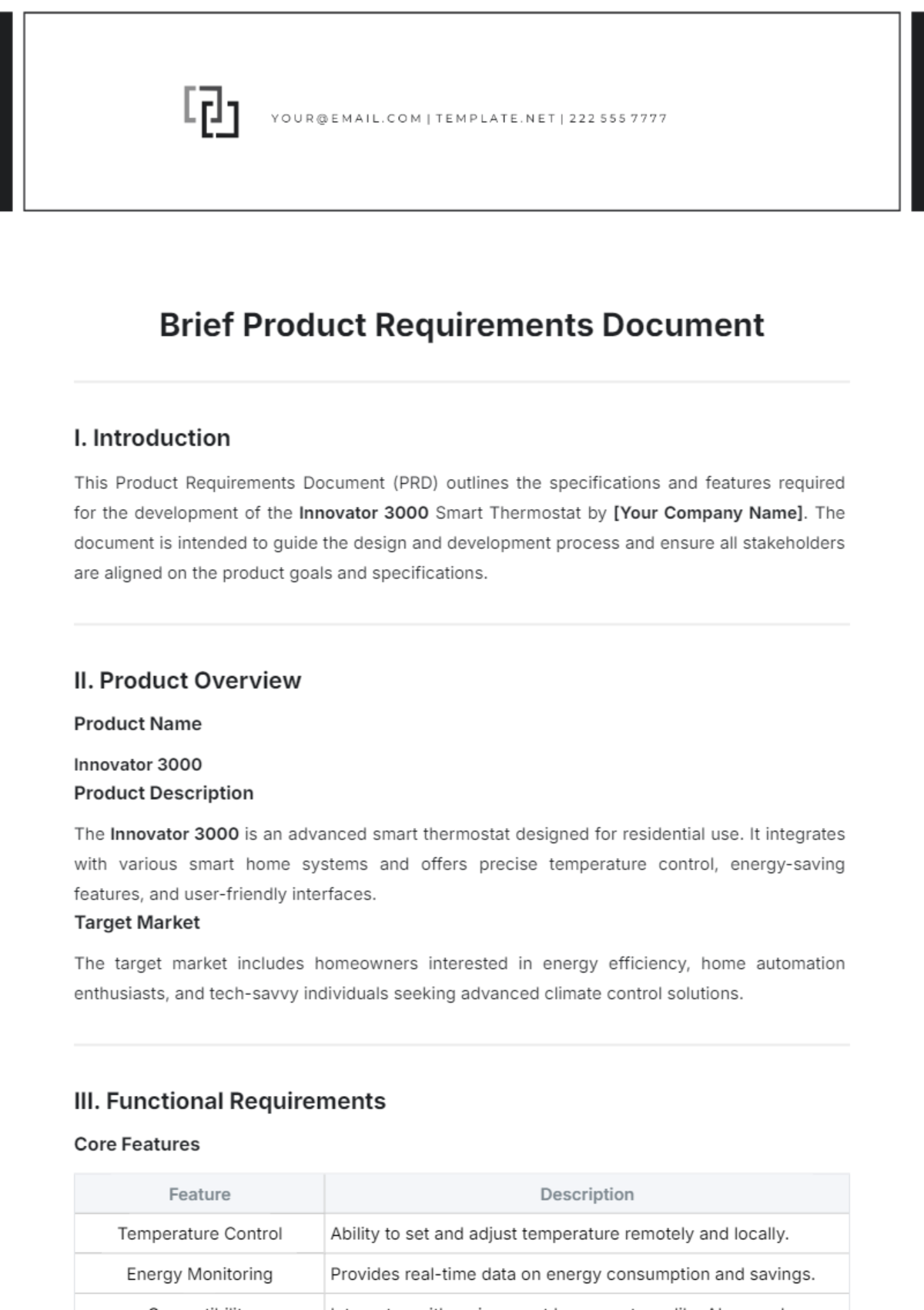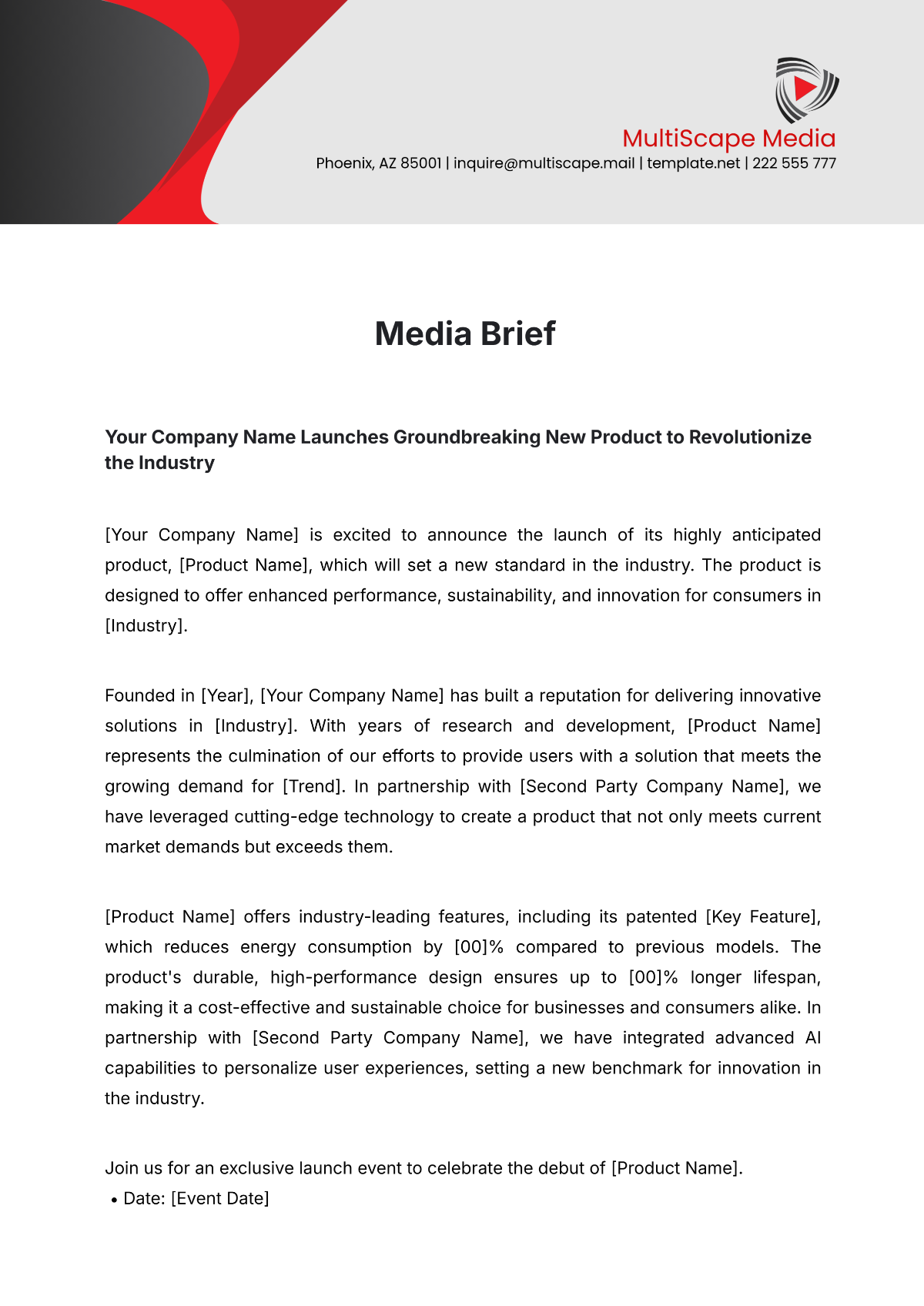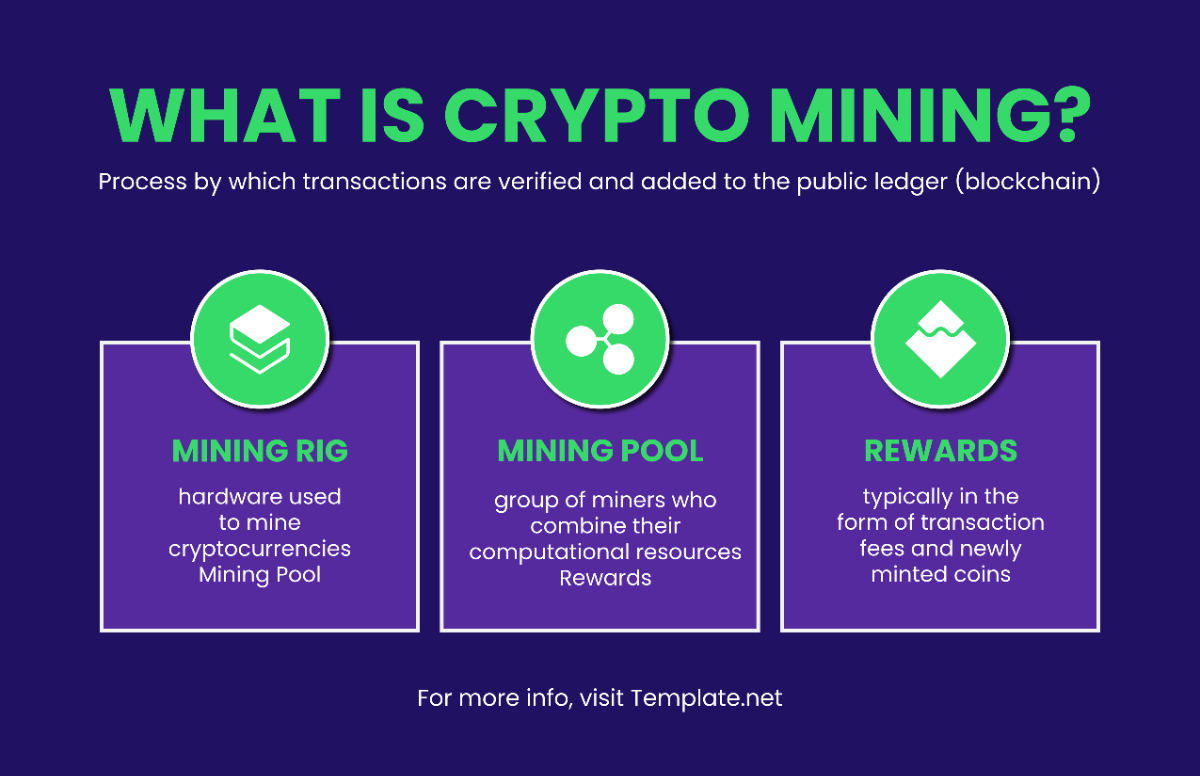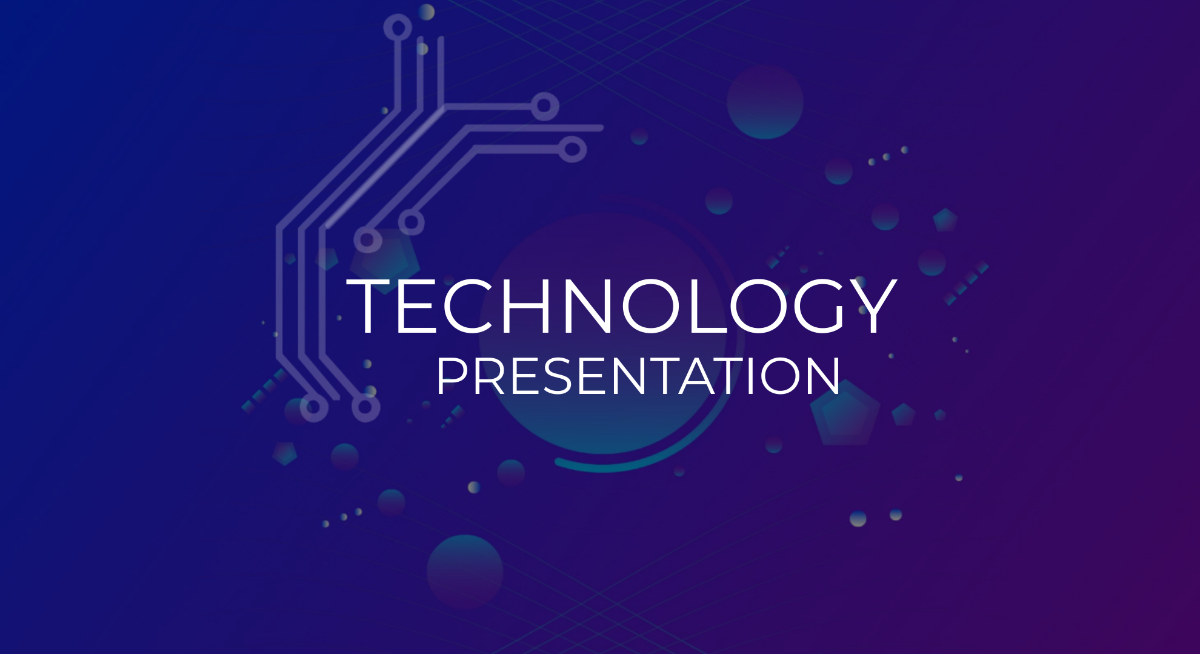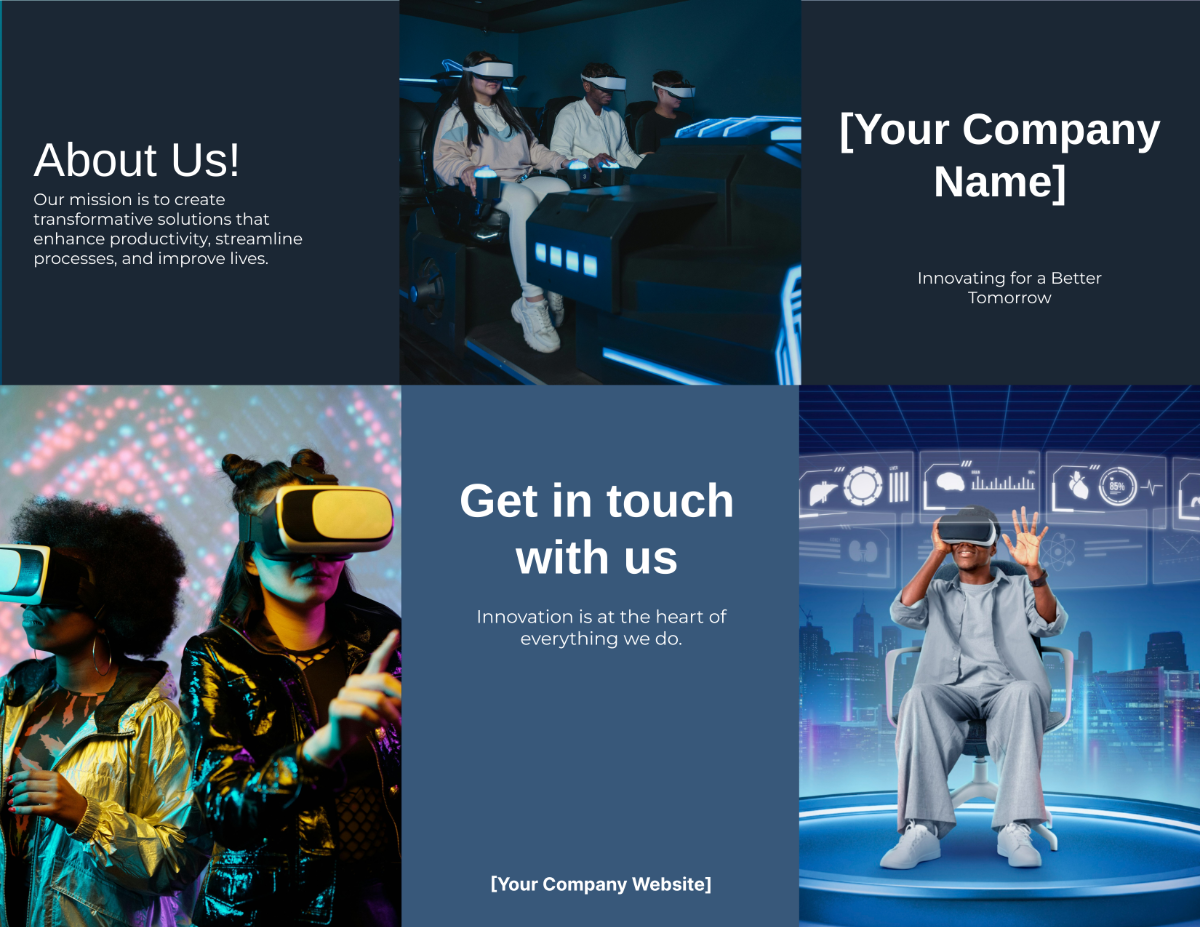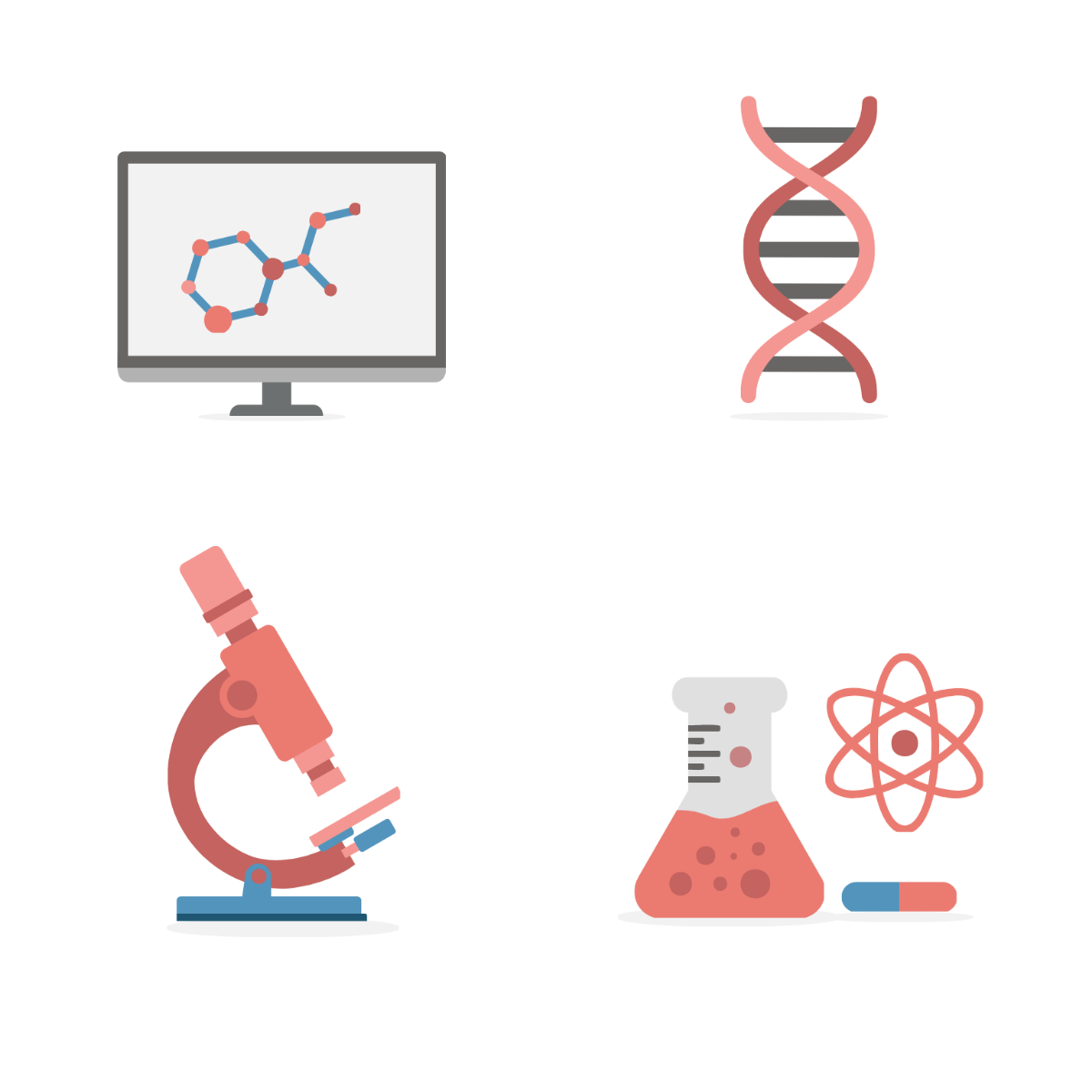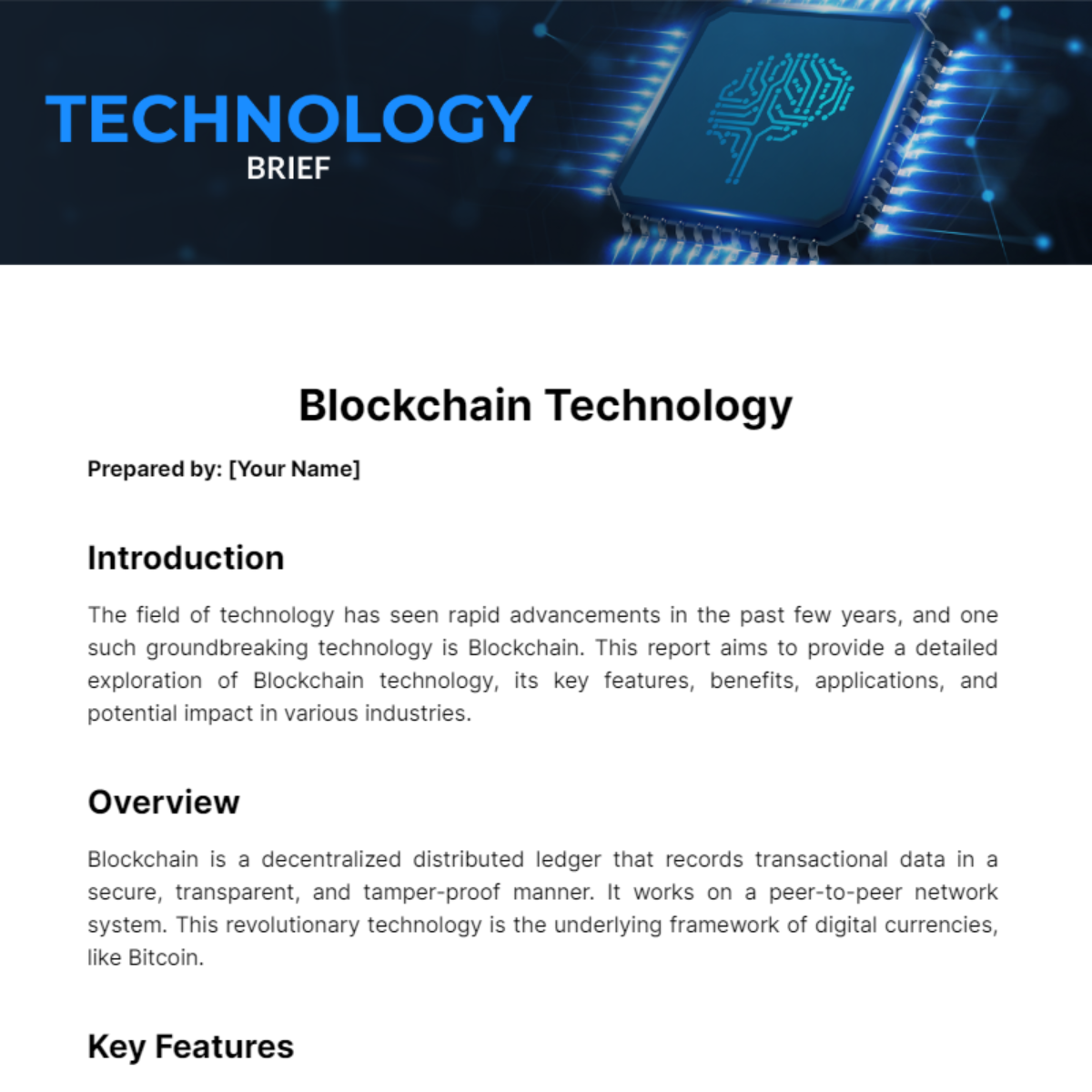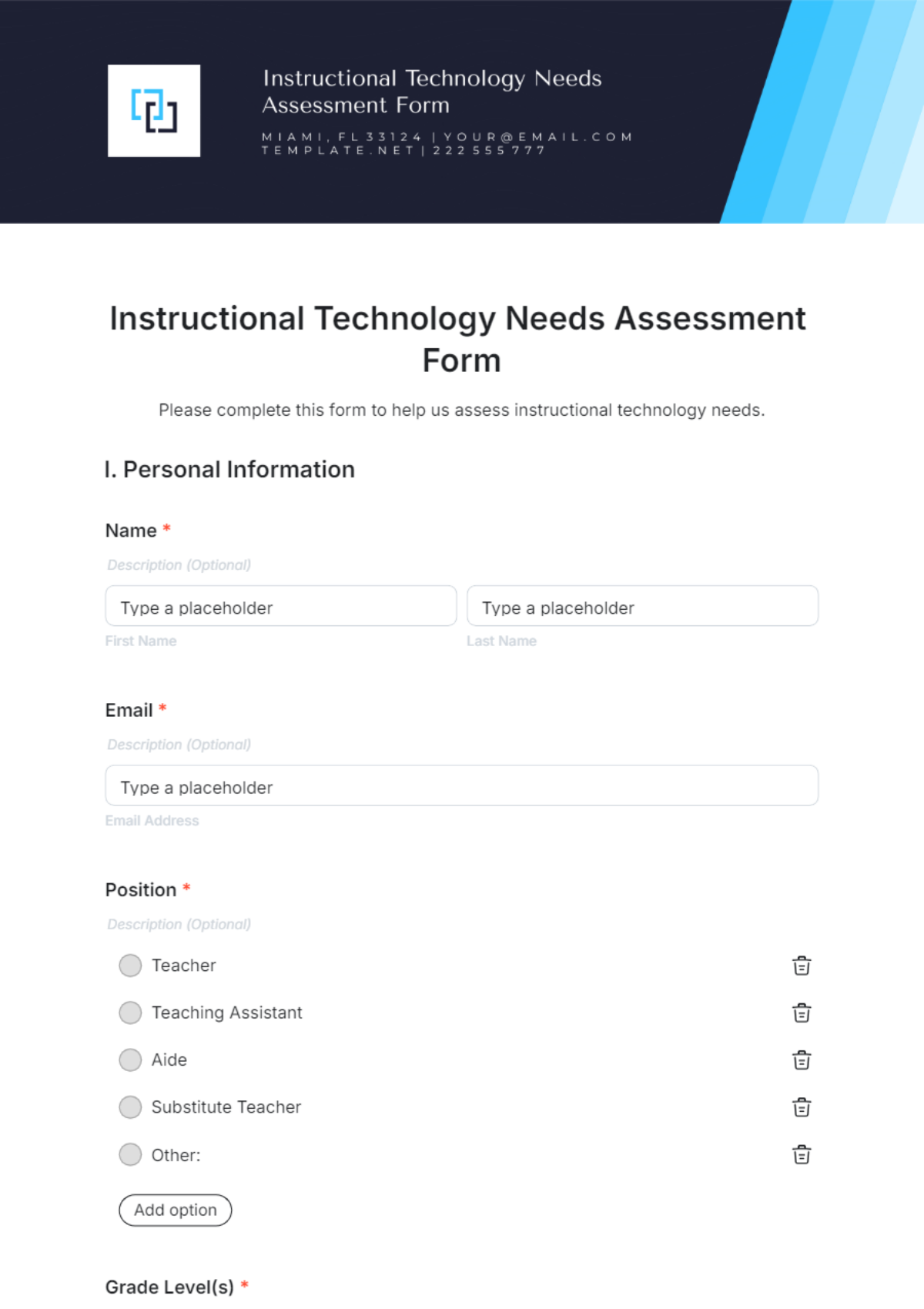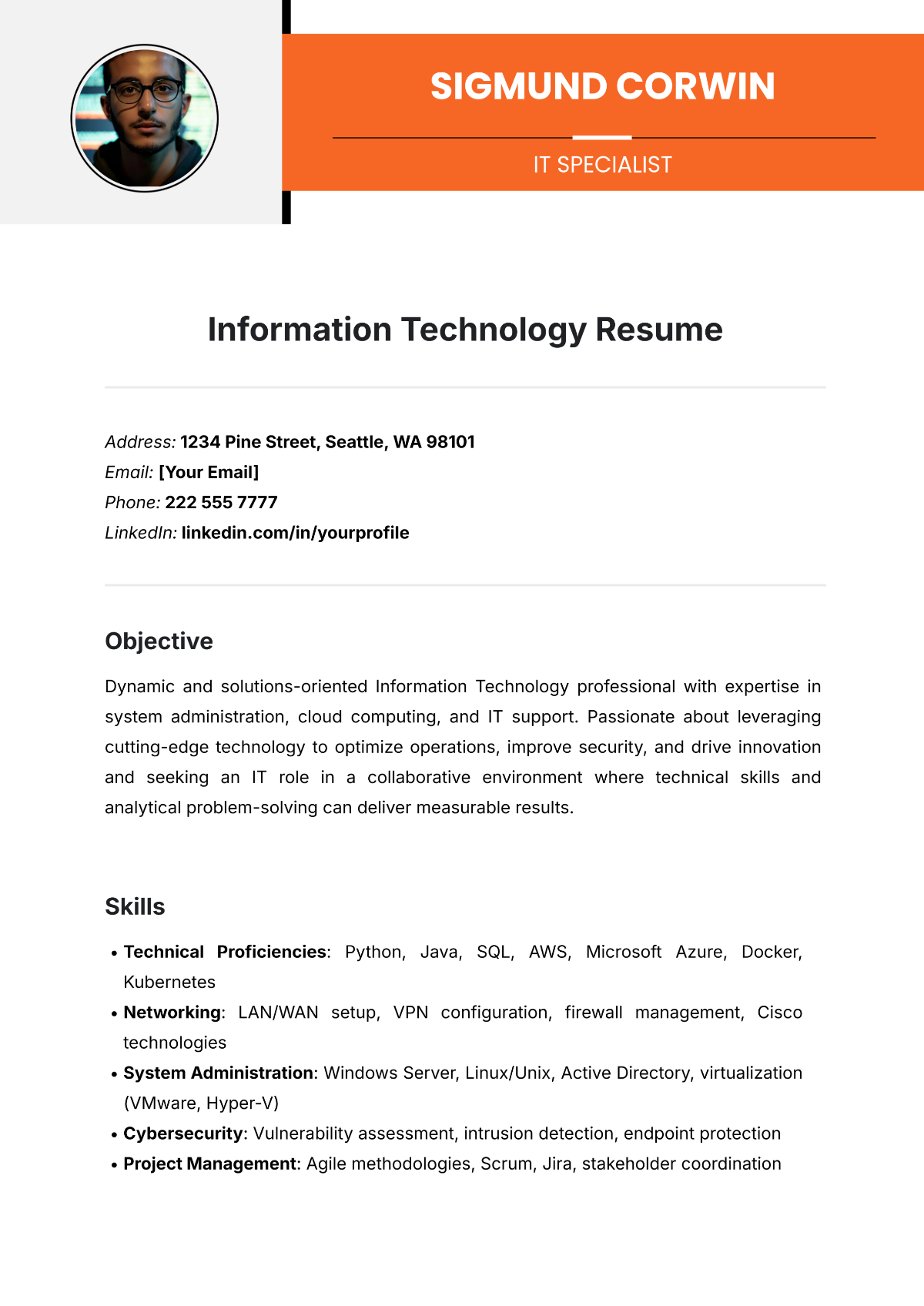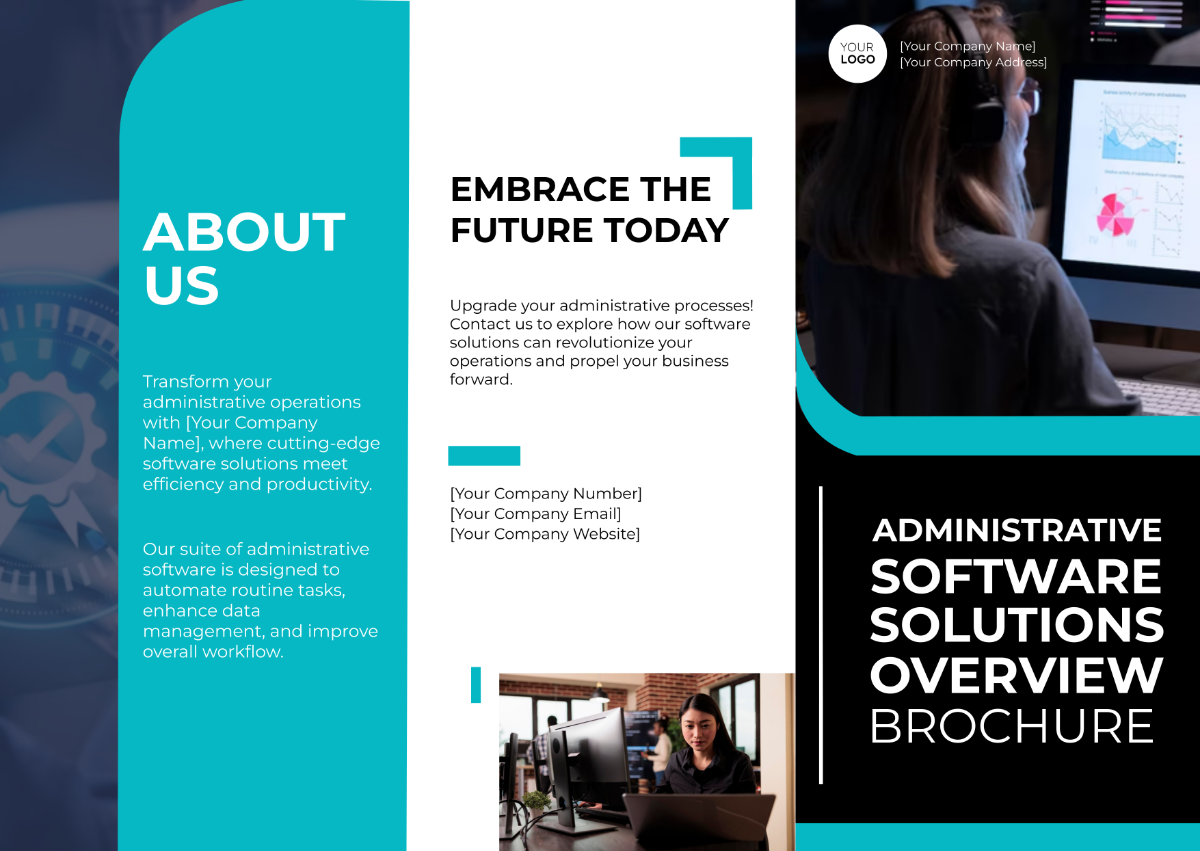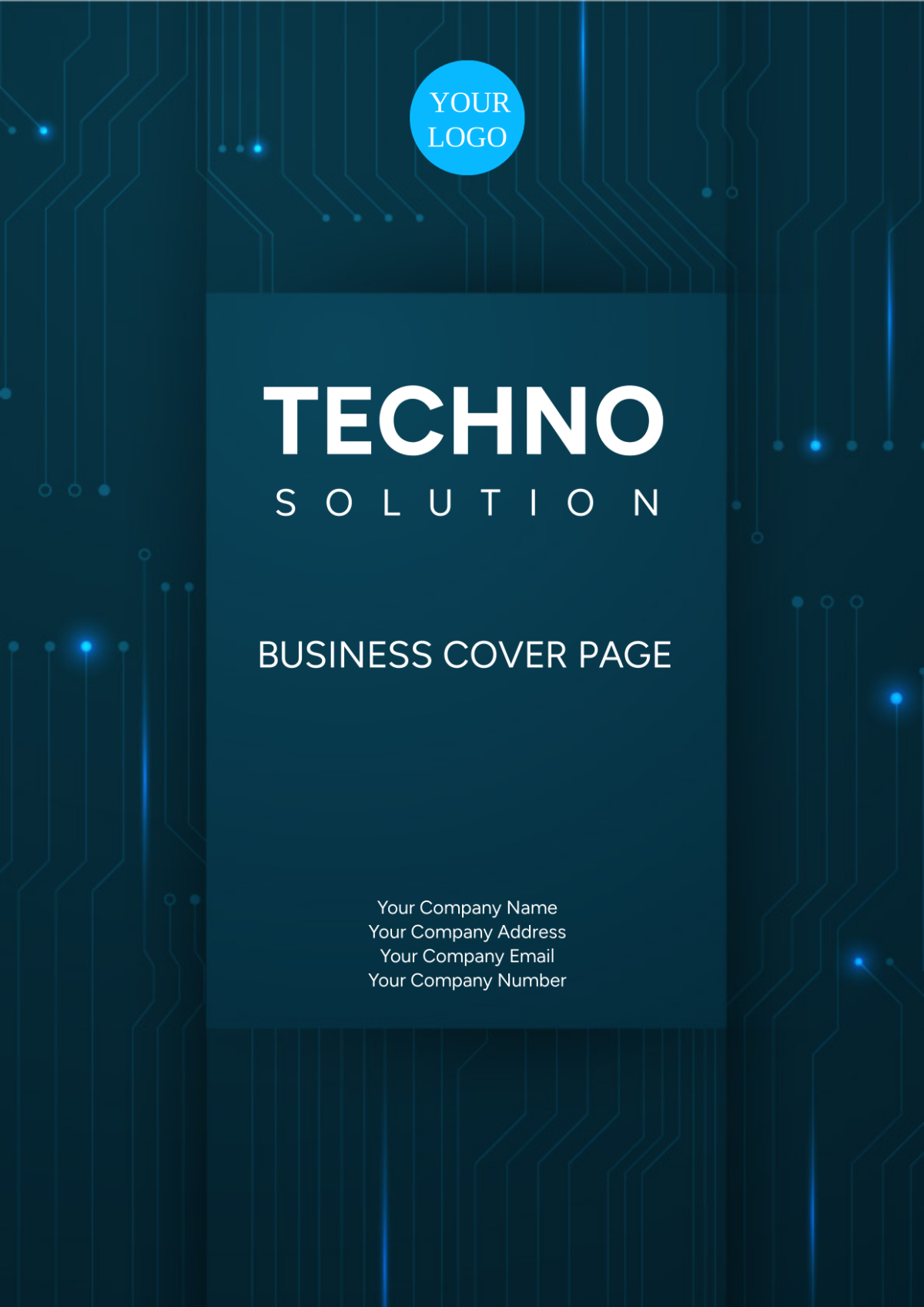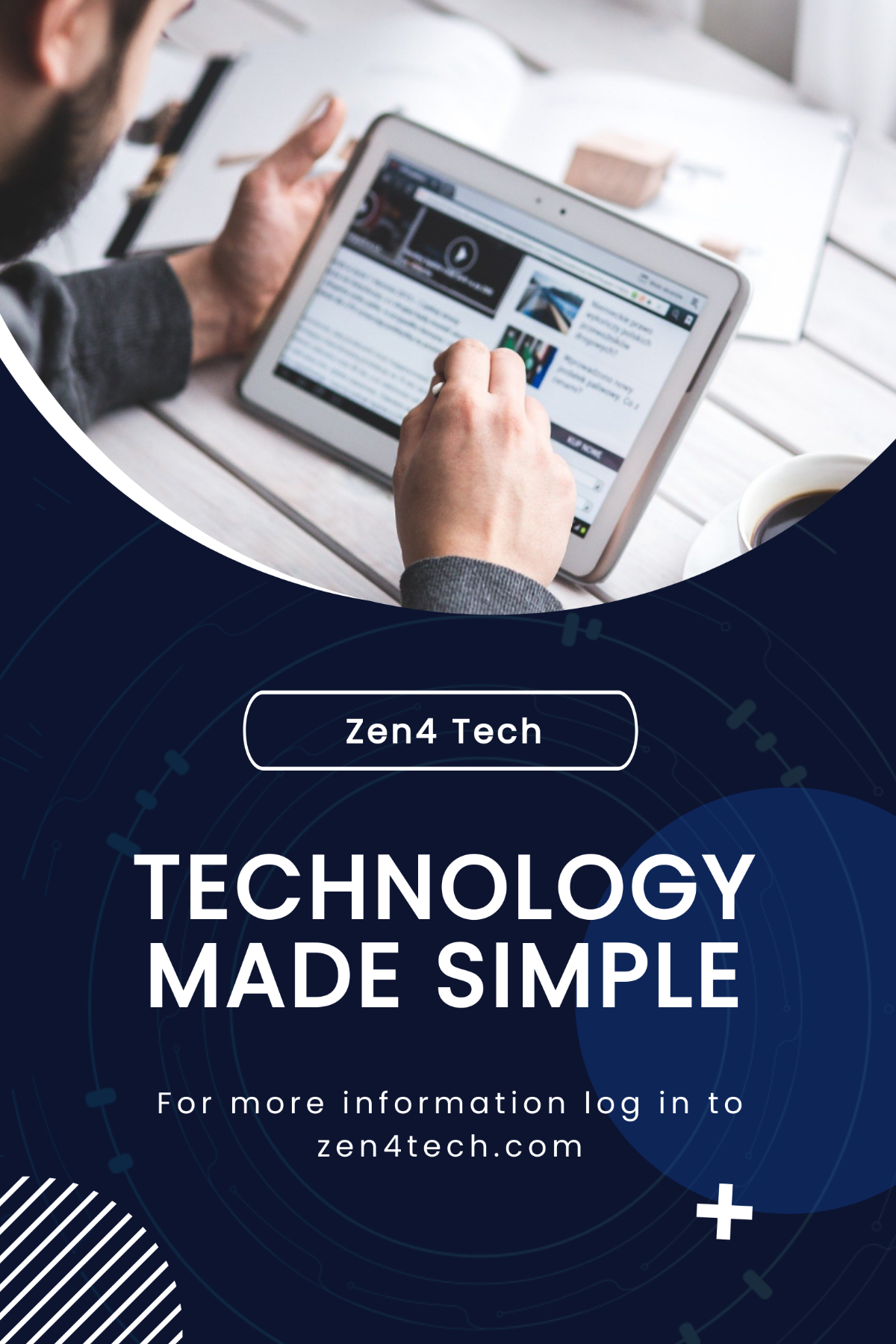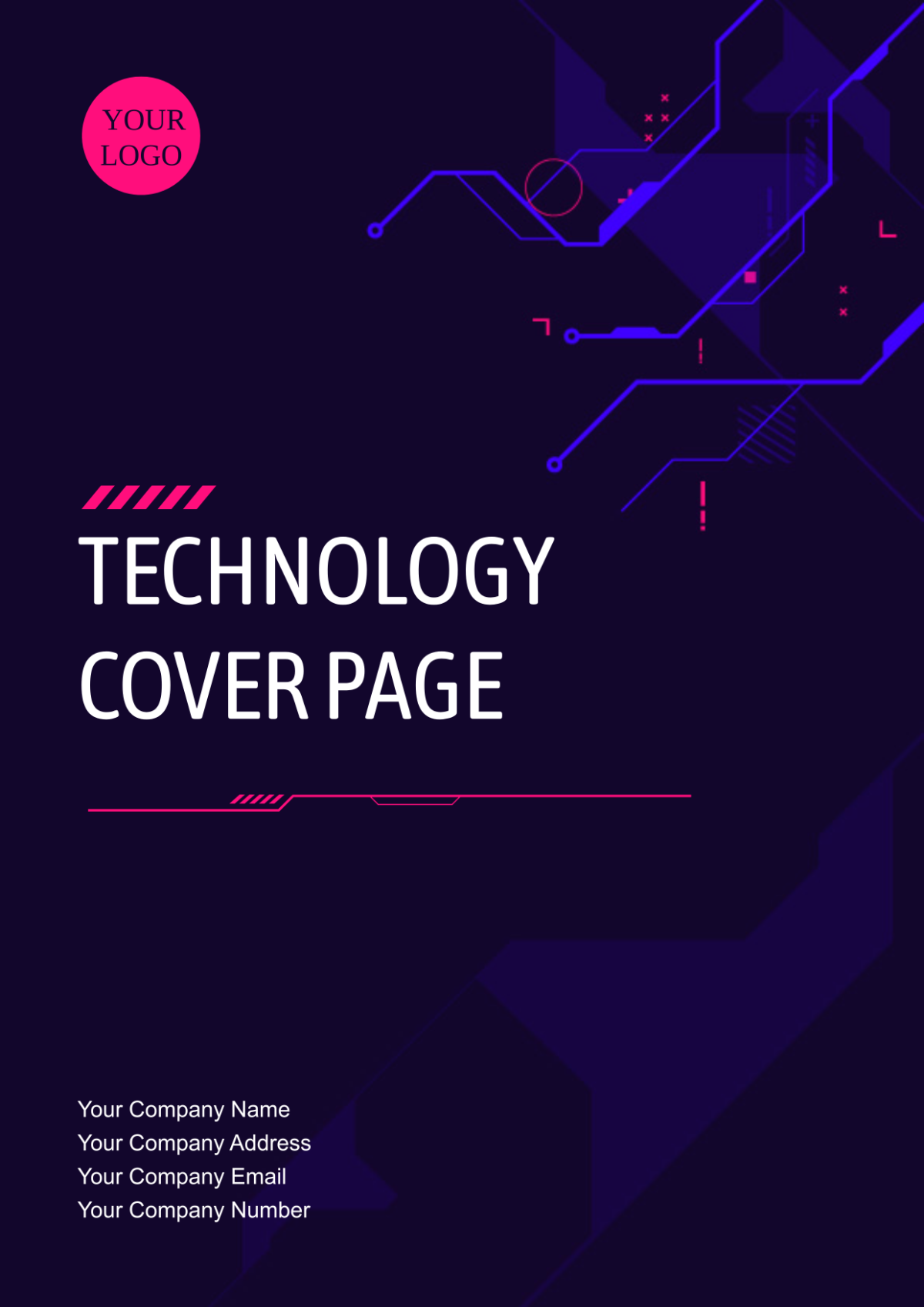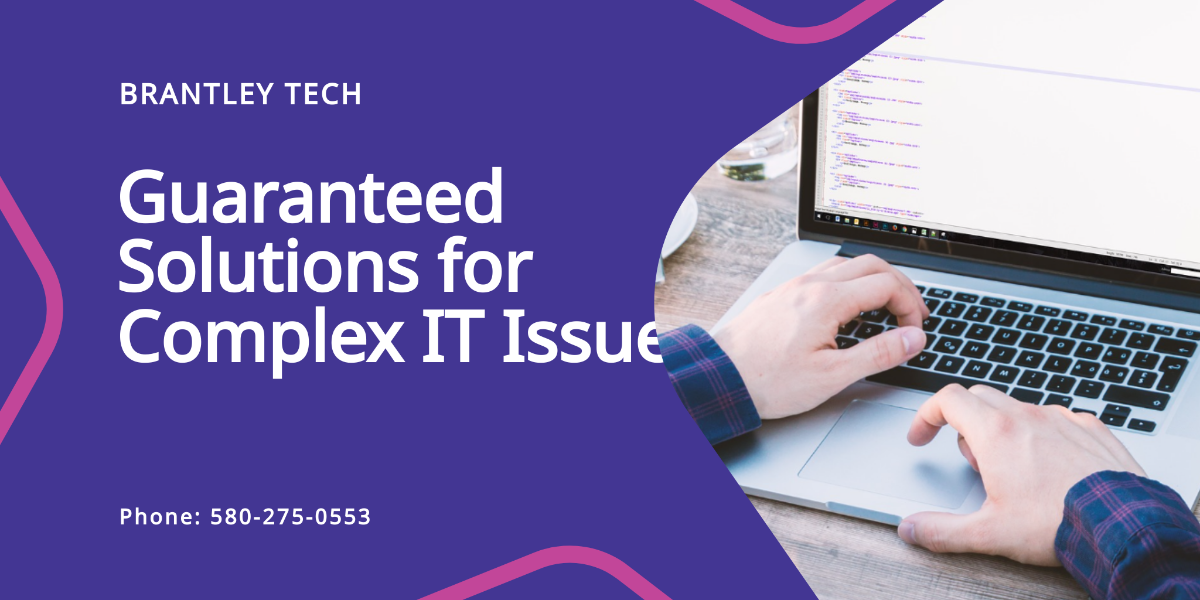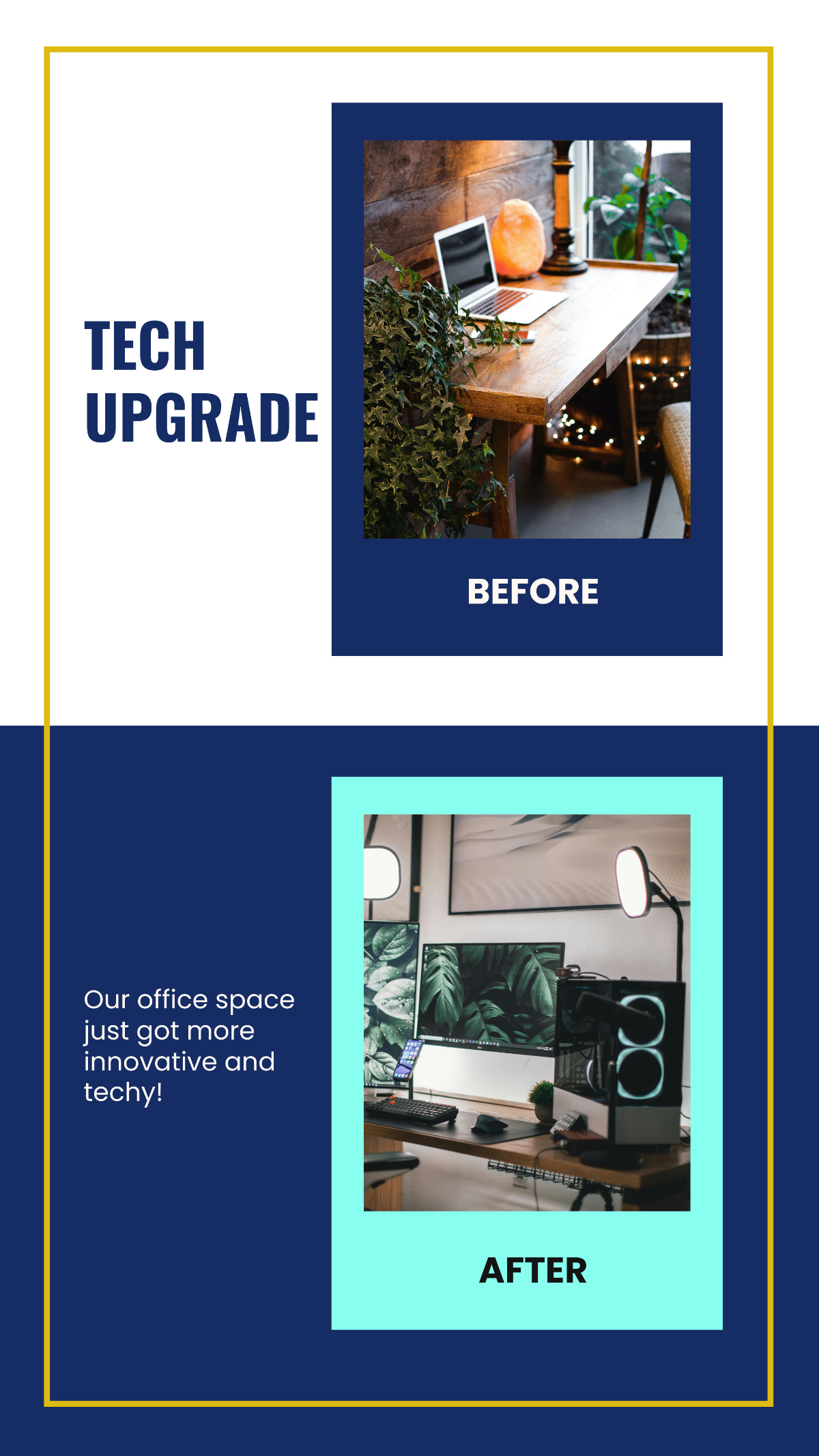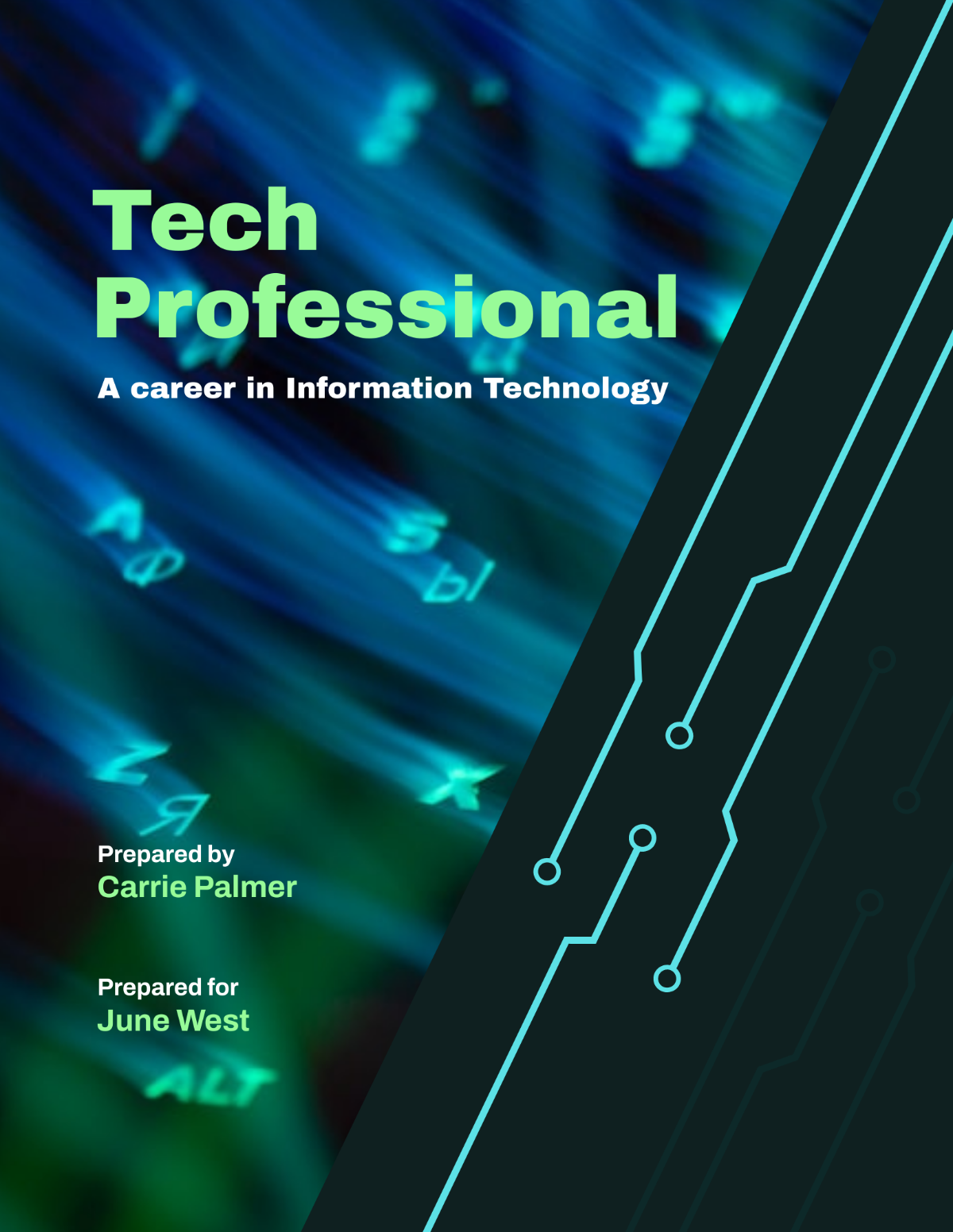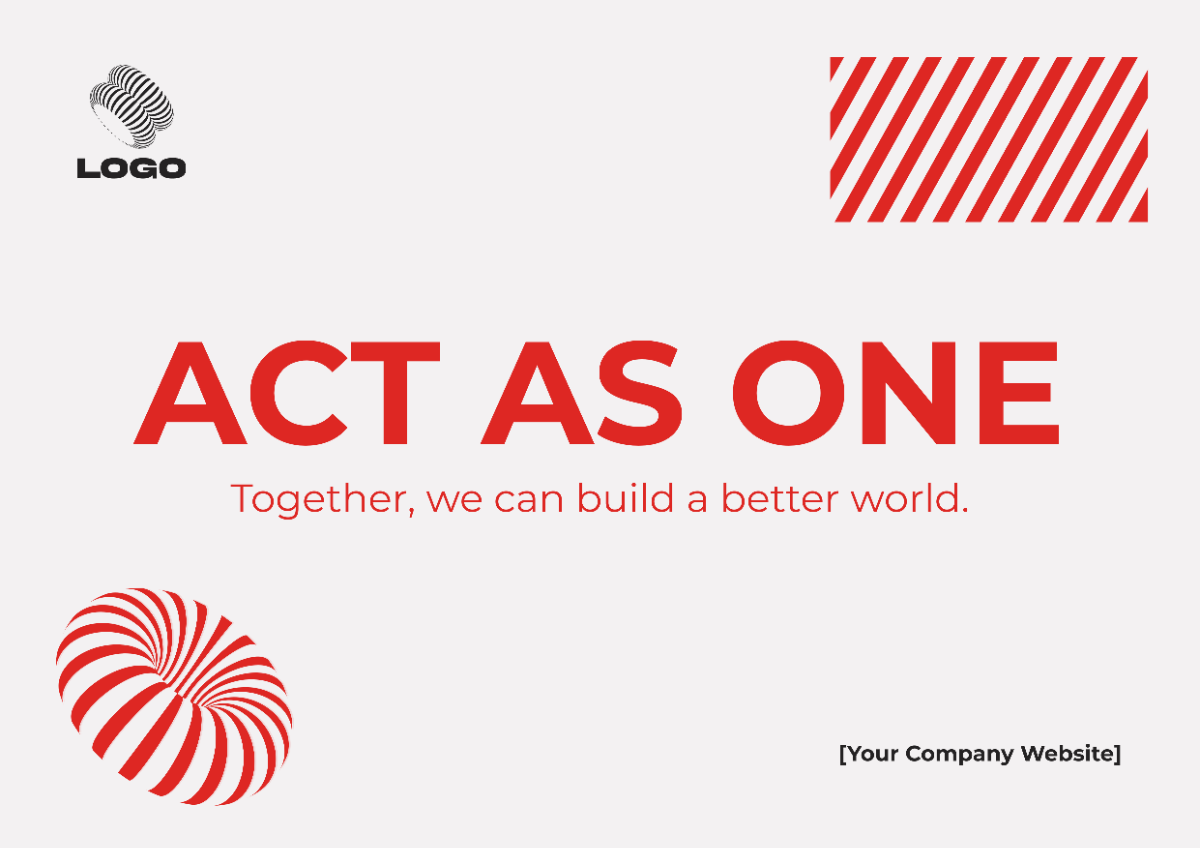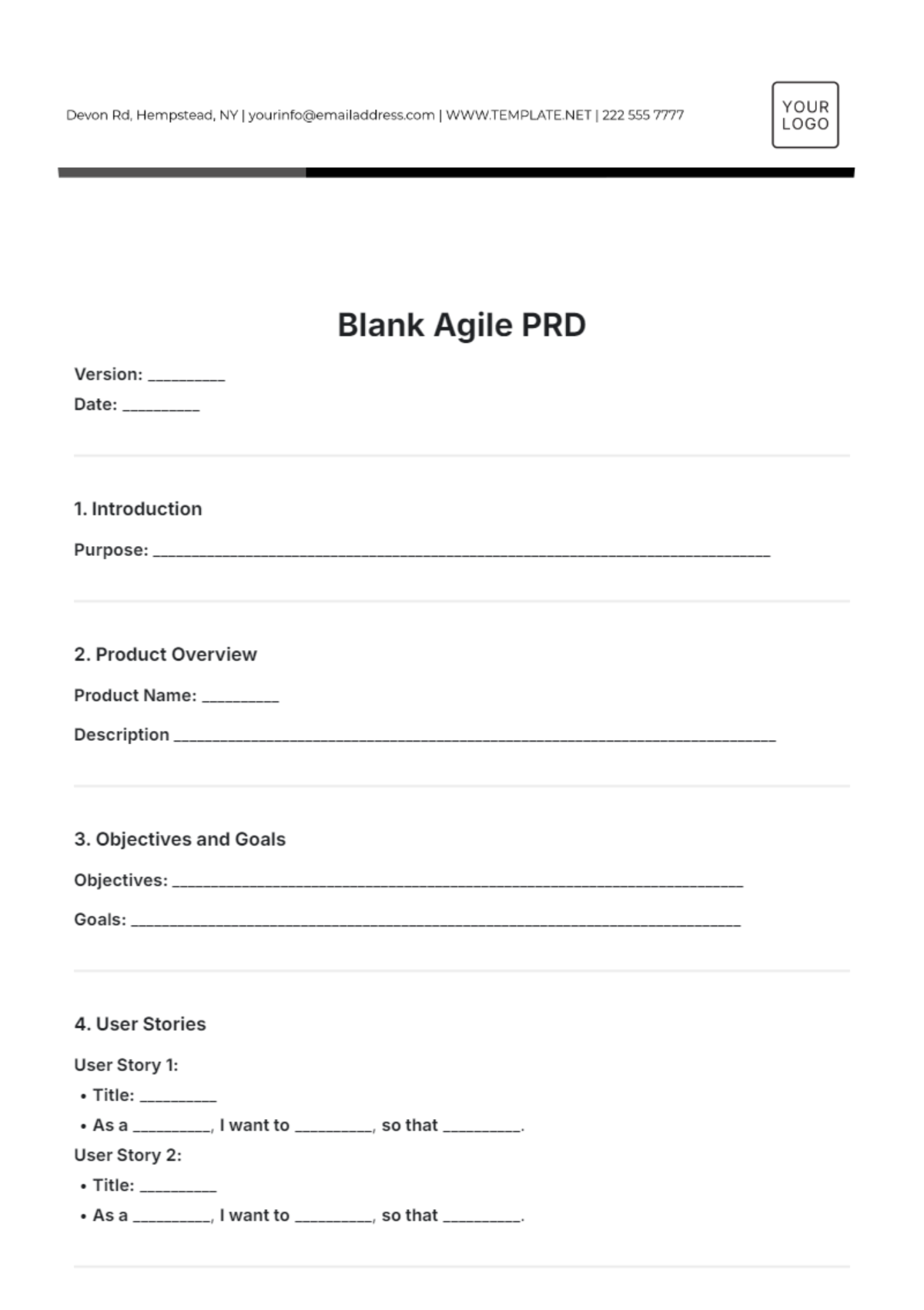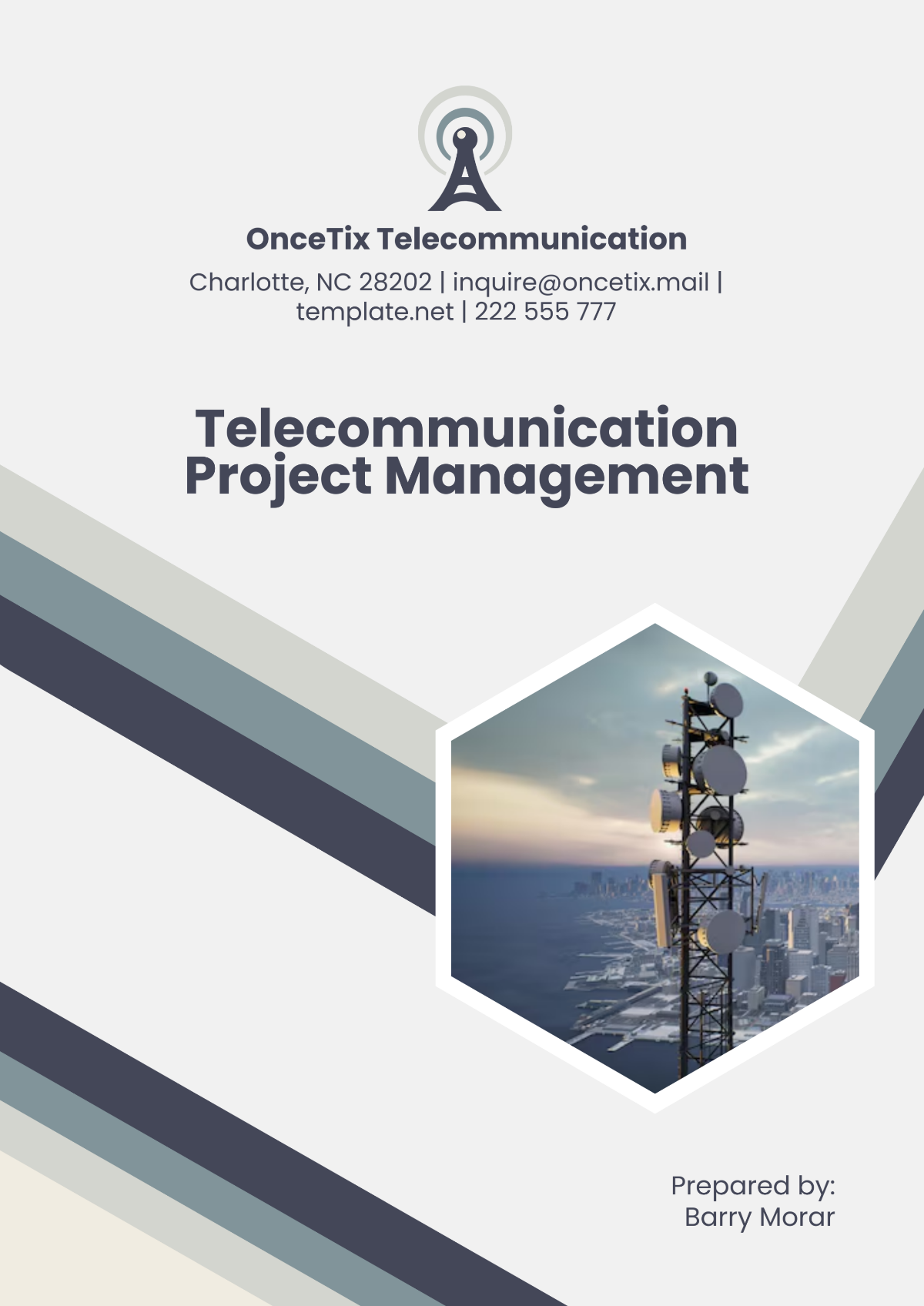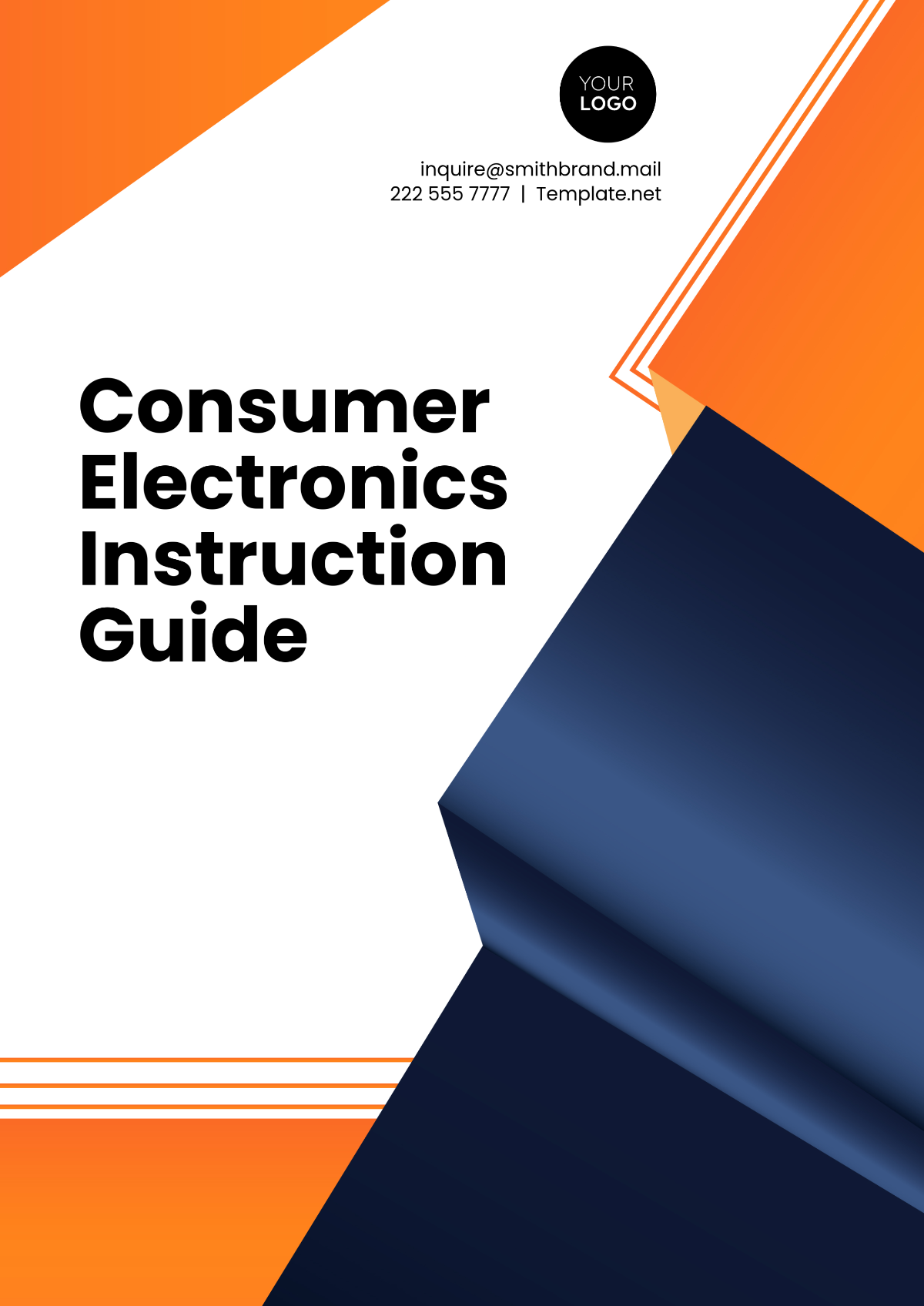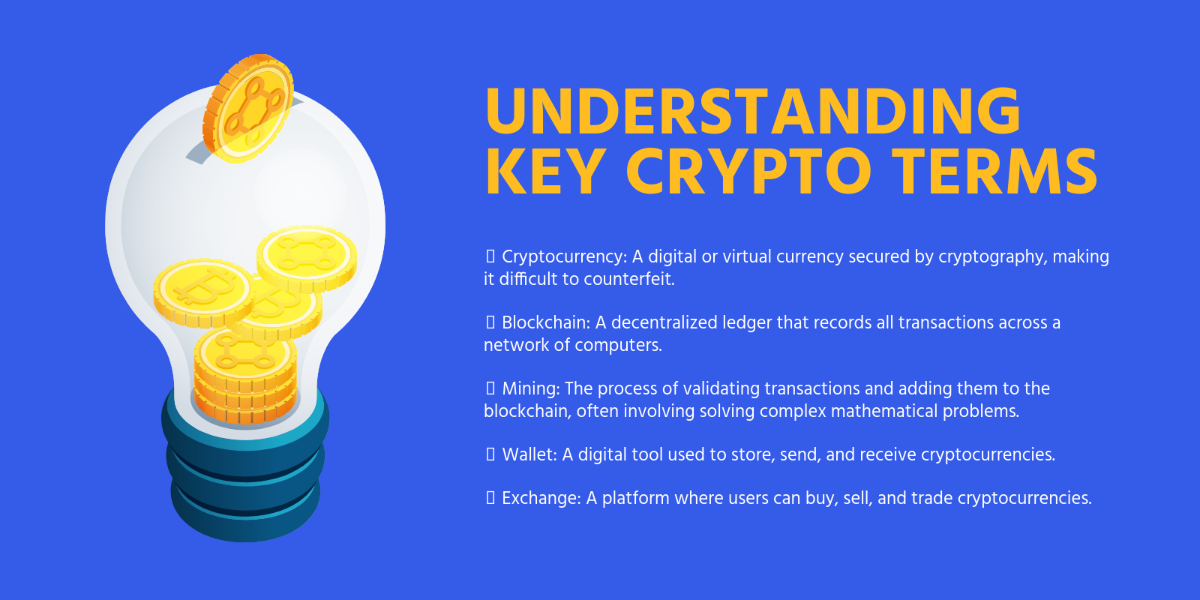Technological Observational Study
Prepared by: [YOUR NAME]
Date: [DATE]
I. Introduction
The purpose of this study is to observe the impact of Augmented Reality (AR) on educational outcomes. Specifically, the research aims to answer the following questions: How does AR affect student engagement and comprehension? Is AR more effective than traditional teaching methods? This study is relevant as it explores the potential of emerging technologies to enhance learning experiences and improve educational standards.
II. Literature Review
The potential of AR in education has been extensively documented. Billinghurst (2050) highlights that AR enhances interactive learning by integrating digital information with the physical environment. Dunleavy, Dede, and Mitchell (2050) found that AR applications foster increased student motivation and collaborative learning. Further, Chiang, Yang, and Hwang (2050) demonstrated that AR helps in visualizing complex subjects, thereby improving students' comprehension.
III. Methodology
The study used a mixed-method observational approach to evaluate Augmented Reality (AR) in education. The methodology included:
Pre- and Post-Intervention Surveys: These surveys assessed changes in student engagement and comprehension before and after the AR intervention, using both quantitative scales and open-ended questions for comprehensive feedback.
Classroom Observations: Observations focused on student interactions with AR applications, including engagement levels, interaction frequency, and overall classroom dynamics during AR sessions.
Teacher Interviews: In-depth interviews with educators gathered qualitative data on AR’s effectiveness, exploring its impact on teaching methods, challenges faced, and benefits for student learning.
Tools Utilized:
Surveys: Structured questionnaires, validated through a pilot study, measured student engagement and comprehension.
Observation Checklists: Checklists recorded student behaviors and interactions during AR sessions, focusing on participation, use of AR features, and collaboration.
Interview Guides: Semi-structured guides facilitated detailed teacher interviews, addressing AR’s instructional value, and integration challenges, and observed changes in student outcomes.
IV. Results
The detailed analysis of the data revealed significant improvements following the Augmented Reality (AR) intervention.
Increased Student Engagement: Survey data indicated a 25% rise in student engagement scores, from an average of 5.5 to 7.0 on a 10-point scale. This suggests a notable enhancement in students' involvement and interest in their learning activities.
Enhanced Interaction: Classroom observations documented increased student interaction, with frequent and meaningful references to AR content during discussions. This heightened engagement was evident through more dynamic and collaborative classroom activities.
Teacher Feedback: Interviews with educators revealed that 80% of teachers perceived a substantial improvement in their instructional methods due to AR. Teachers reported that AR significantly enhanced their teaching effectiveness and facilitated better student comprehension.
Measure
Measure | Pre-Intervention | Post-Intervention |
|---|---|---|
Student Engagement (Scale 1-10) | 5.5 | 7.0 |
Teacher Satisfaction (%) | - | 80% |
V. Discussion
The results demonstrate that Augmented Reality (AR) significantly enhances both student engagement and comprehension. These findings highlight the potential of AR to transform educational practices and improve learning outcomes. The observed increase in student engagement and the positive feedback from educators underscore the value of incorporating AR into the curriculum.
However, the study does have limitations. The relatively small sample size and the brief observational period of one semester may affect the generalizability and robustness of the findings. To build on these results, future research should consider larger sample sizes and extended longitudinal studies to provide a more comprehensive understanding of AR's impact over time.
Recommendations
Professional Development: Invest in extensive AR technology training for educators to ensure they are equipped to effectively integrate AR into their teaching practices.
Curricular Integration: Systematically incorporate AR applications across various subjects to leverage their full potential and enhance overall educational experiences.
Further Research: Conduct larger-scale and longitudinal studies to validate these findings and explore the long-term effects of AR on student learning and engagement.
VI. Conclusion
In summary, the study found that AR positively impacts student engagement and comprehension in educational settings. These findings underscore the potential of AR to revolutionize contemporary teaching methods and enhance learning experiences. Further research and investment in this technology could yield substantial benefits for education systems globally.
VII. References
Billinghurst, M. (2050). Augmented Reality in Education. Educational Technology Research and Development, 64(2), 327-350.
Chiang, T. H., Yang, S. J., & Hwang, G. J. (2050). An Augmented Reality-based Mobile Learning System to Improve Students’ Learning Achievements and Motivations in Natural Science Inquiry Activities. Educational Technology & Society, 17(4), 352-365.
Dunleavy, M., Dede, C., & Mitchell, R. (2050). Affordances and Limitations of Immersive Participatory Augmented Reality Simulations for Teaching and Learning. Journal of Science Education and Technology, 18(1), 7-22.



